For the sake of future historians, anyone curious about my personal life, and anyone interested in comparing and contrasting their own personal experiences during this extraordinary time, here are some stories and observations about what it's been like to live as a shut-in this past year.
Incidentally, I look less like Thor and more like Grizzly Adams. Part of the reason I've opted to maintain the mountain man look, despite how much I truly hate its logistical and hygienic consequences, is that it makes me more physically intimidating to strangers in public. Social distancing is easier when people naturally want to stay at least six feet away from me. Grrr.
We were never tested, however. That would have required exposing ourselves to other people for the sake of being told with partial certainty whether we had a virus that nobody actually knew how to treat. Better just to stay home and get the best care we could via telemedicine. And let me tell you, the two doctors I spoke with were fantastic, and I admired their ability to stay energized and attentive when being bombarded with calls like mine.
At the peak of my illness, I couldn't breathe while lying down, so I slept—or at least tried to, between coughing fits—in the reclining chair in the living room. Simply getting in and out of the chair required all the energy I could muster. Yogurt and pudding were about the only foods my throat could handle. I got a headache from looking at screens or basically having my eyes open at all. I'll spare you the gross details about the symptoms that ruined our favorite beach towel. About the only thing I was able to do was exist, and even that was a challenge. I was in pain, I was exhausted...and I was bored.
Fortunately, my mother is a children's librarian. She started reading to me on a regular basis over the phone, and for that I am so very grateful. I could scarcely do anything else, but I could listen to a chapter or two of Mike Rowe's The Way I Heard It every day. I also listened through my first audio book, Break Shot: My First 21 Years by James Taylor, my favorite music artist. Engaging stuff, and tremendously helpful for keeping my mind off being miserable.
It's funny; when I think about being sick, the first thing I remember is the happiness of people reading to me.
My wife and I took care of each other as best we could, but we were both sick, with my wife's symptom progression being about a day or two ahead of mine. The advice I've given to people who have tested positive for COVID or who think they've gotten it is as follows: Let your past self take care of your future self. While you're still feeling healthy, do everything right now that needs to get done—pay bills, write e-mails, whatever. Do all the laundry, dishes, and cooking you can, and try to save some leftovers. Make sure you've got medicine on hand for everything you can think of. Ask someone you know to drop off a care package with any essentials you can't go out and get. Plan to be incapacitated for the next two weeks; be pleasantly surprised if you're not.
Our bout with Pretty Definitely COVID occurred around the same time as the temporary closure of my office and the start of our self-isolation, both of which are still in effect. On the surface, my life hasn't changed dramatically from the Before Times (as my friends like to call it). I was already working from home twice a week, spending most of my free time indoors staring at a screen, and generally not going places or seeing people unless there was a compelling reason to give up my introvert time. Indeed, I've been handling self-isolation a lot better than most other people I know, to the point where I sometimes feel guilty that my worst breakdowns are just a regular day for everyone else.
To be clear, here's exactly what I mean by self-isolation: Staying inside the house at all times except for essential excursions (eg, checking the mailbox every few days, running to the grocery store every 1-3 weeks) or nonessential excursions where the boost to mental health outweighs the physical risk (eg, going for a walk at dusk, visiting a mostly empty park). We frequently order contactless delivery for lunch or dinner, which allows us to support our local businesses, put off the next grocery run for another day or two, and spend time that would be devoted to cooking and dishwashing on self-care instead. Plus, eating out at restaurants is one of life's greatest pleasures for me, so I'm able to reclaim a little slice of happiness by ordering in.
Food is one of my coping mechanisms, too. Want some feelgood fizz to calm the nerves? There's Coca-Cola chilling in the fridge, and there's grenadine and vanilla syrup in the cupboard. Had a rough work week? Treat yourself to some comfort food from the local barbecue joint. Need someone to hold you after an absolutely horrible day? Ben & Jerry are looking forward to some spooning.
Food works as a coping mechanism not just because it tastes good, but because it's reliable. When I order a Son of Baconator from Wendy's, I know exactly how I'm going to feel when I'm done eating. A deli sandwich with lettuce, onion, mustard, and mayo on a good-quality roll, with a side of chips, is guaranteed to cheer me up—even if it ends up being a mediocre sandwich. Living in such uncertain times, I need all the predictability and emotional control I can get. I fully understand that this is an unhealthy coping mechanism with long-term consequences, but after everything that's happened in this country over the last year, I don't have high expectations that my fellow Americans will let me live long enough for my pandemic eating habits to catch up with me. If the possibility of killing anyone you breathe on isn't enough incentive to pull your mask up over your nose, then I can only assume that my life means nothing to you.
I now have a zero-tolerance policy for businesses where the employees don't wear their masks properly. It's been a year; masks are now as much a part of the dress code as any other article of clothing. I've stopped patronizing or walked right out of shops and delis I used to frequent, and I'm not shy about (politely) complaining to the management or calling employees out. Half a dozen of my personal acquaintances have died from COVID, and I know firsthand what it can do to a person—you'll have to forgive me if I expect you to keep your face covered with a mask the same way I expect you to leave a bathroom with all appropriate body parts back inside your pants.
Half of me wants to have absolutely nothing to do with the outside world anymore. I'm content to spend every day at home with my wife—there's plenty to keep us occupied, we support each other, we make each other laugh, and our differing sleep patterns afford us both some time alone on a regular basis. If I can forget that there's a world beyond these four walls, then I won't be depressed about being cut off from all the people, places, and activities I want in my life.
But the other half of me needs the outside world. I'm an entertainer, a critical reviewer, a listening ear, a shoulder to cry on, a helping hand—everything that plays to my strengths and gives me purpose in life requires other people. Being an introvert makes this more difficult, because interacting with and performing for other people is draining, and I need ample time to myself to recharge.
One would think that a year of quarantine would offer plenty of time to recharge, but I've also been worrying about the outside world and trying to fend off all the negative feelings that accompany extended self-isolation. It's taken every coping mechanism I have just to get through certain days, and yet I've pushed myself to be social and keep up with side projects such as writing, recording, and game design. I beat myself up for not doing enough for other people during this time, but my wife is quick to remind me that I'm already doing so much, and that I deserve a break.
So maybe that's my cue to cap this post here and go play video games. I've been gravitating toward construction simulators that let me exercise my creativity, easy shooters and beat-em-ups that let me vent my aggression, low-stress strategy games that offer a blend of construction and destruction, intuitive adventure games that make me feel smart, and visual novels where I decide how the story ends. I can't handle pulse-pounding action unless the stakes are low and my odds of success are high. Life is challenging enough right now; I'm craving things that are calm, predictable, and uplifting—which has also informed my television and movie choices to some degree. Thank you, Japan, for the joy of Laid-Back Camp in this stressful time.
Yeah. I think I'm gonna go play video games.
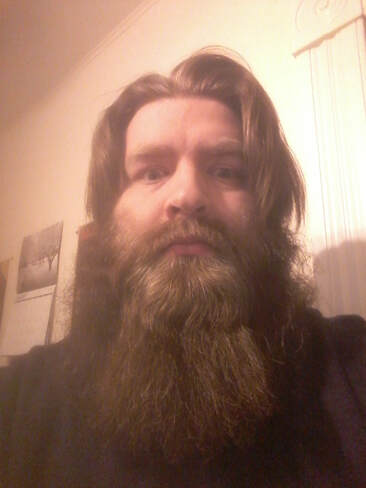
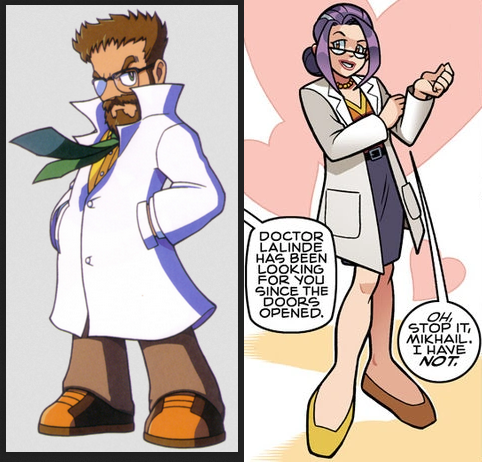
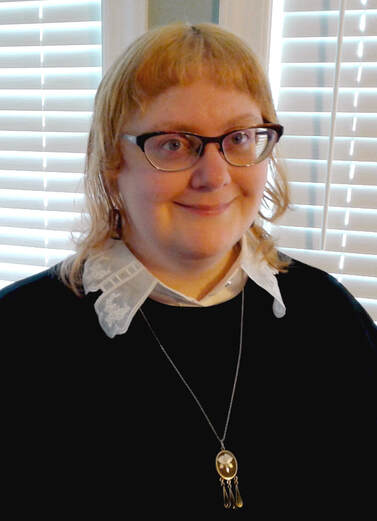
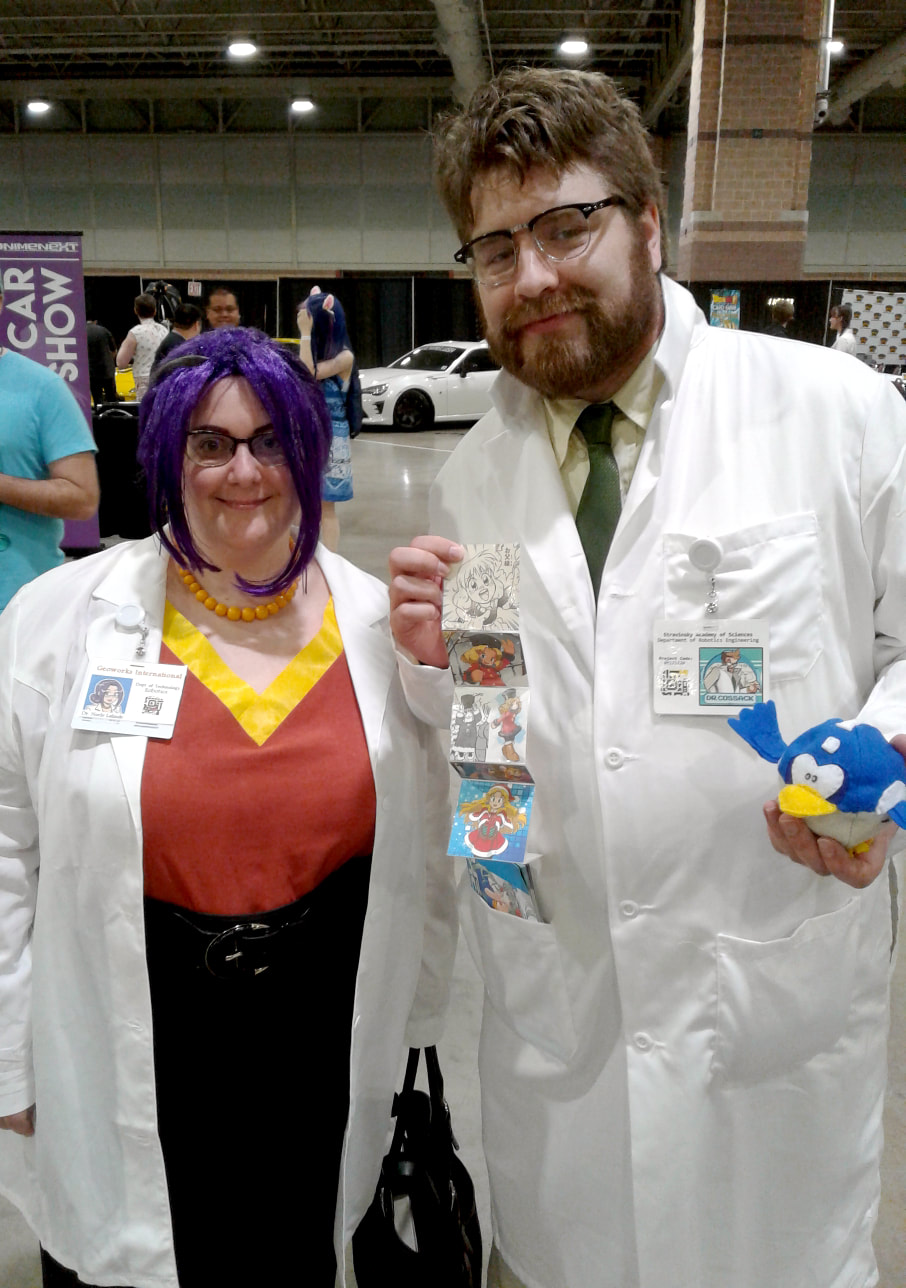
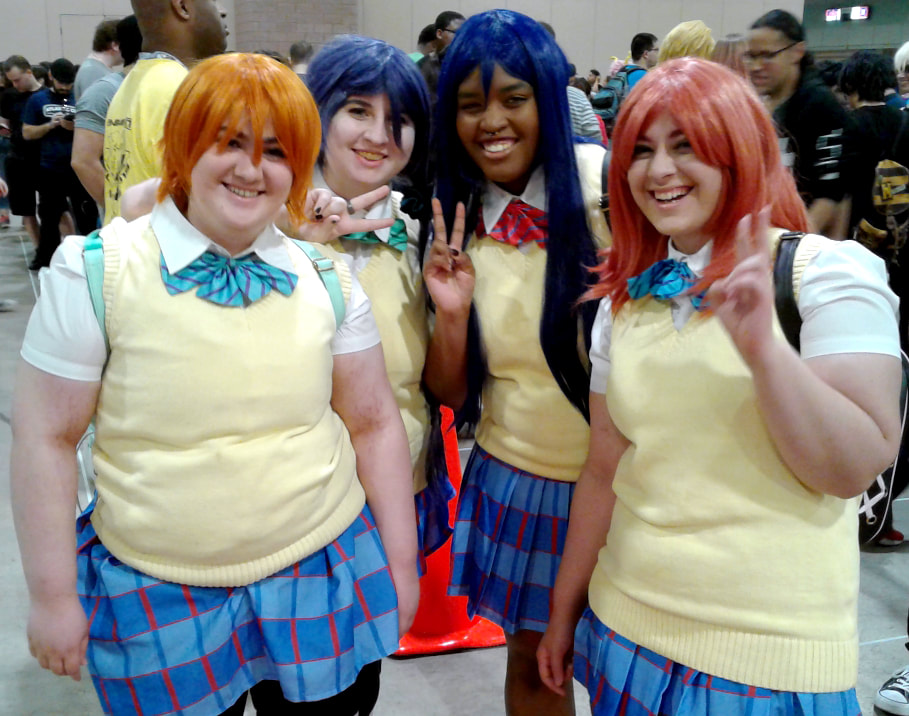
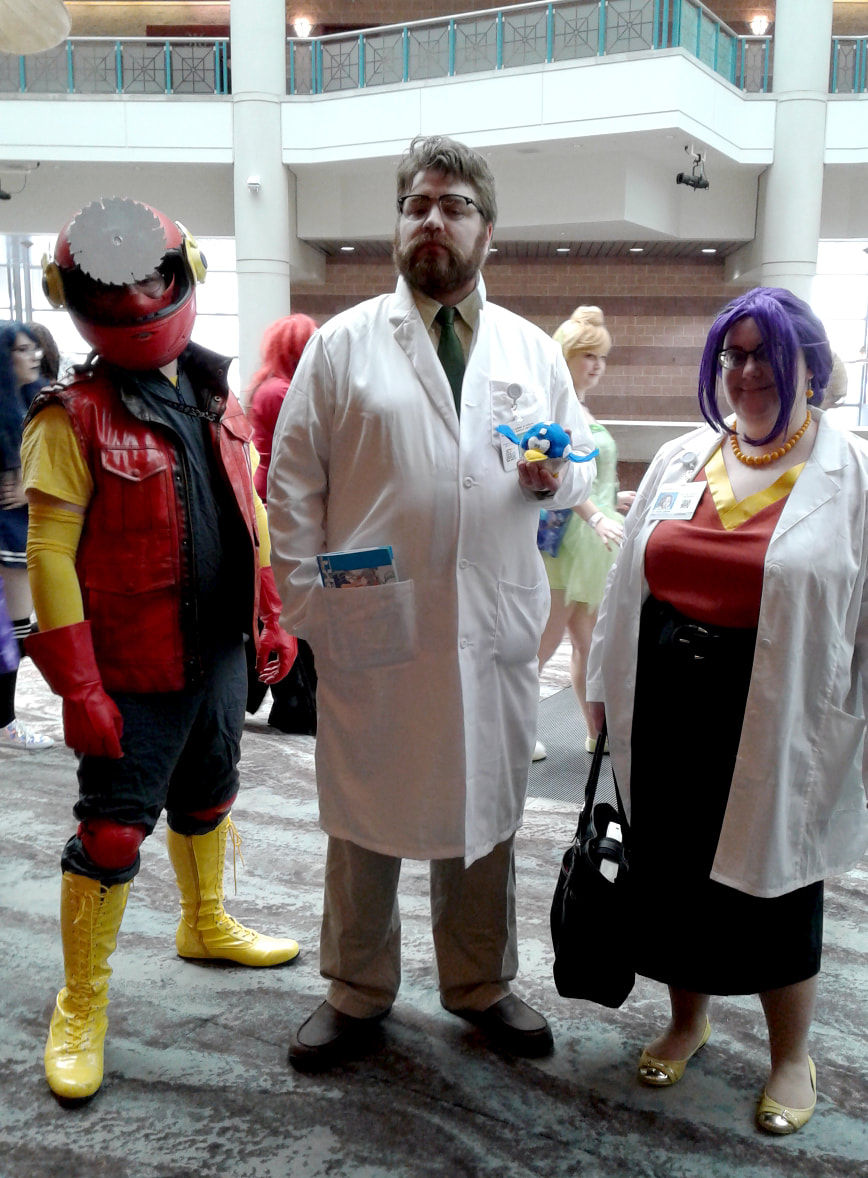
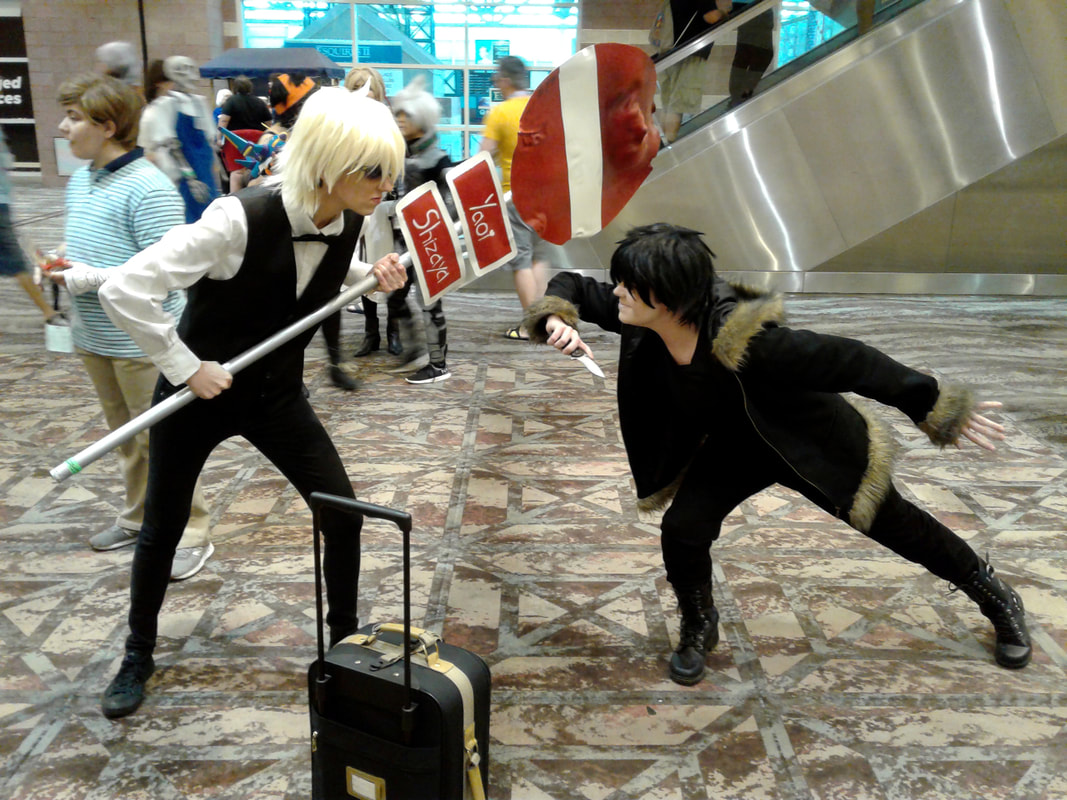
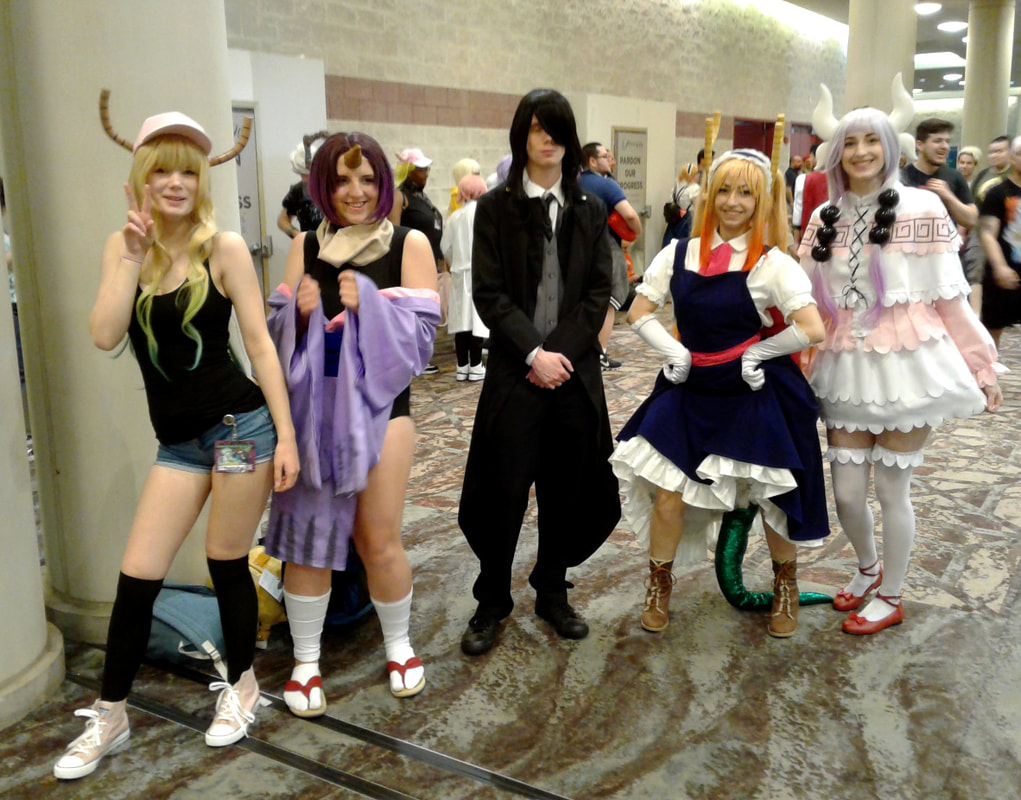
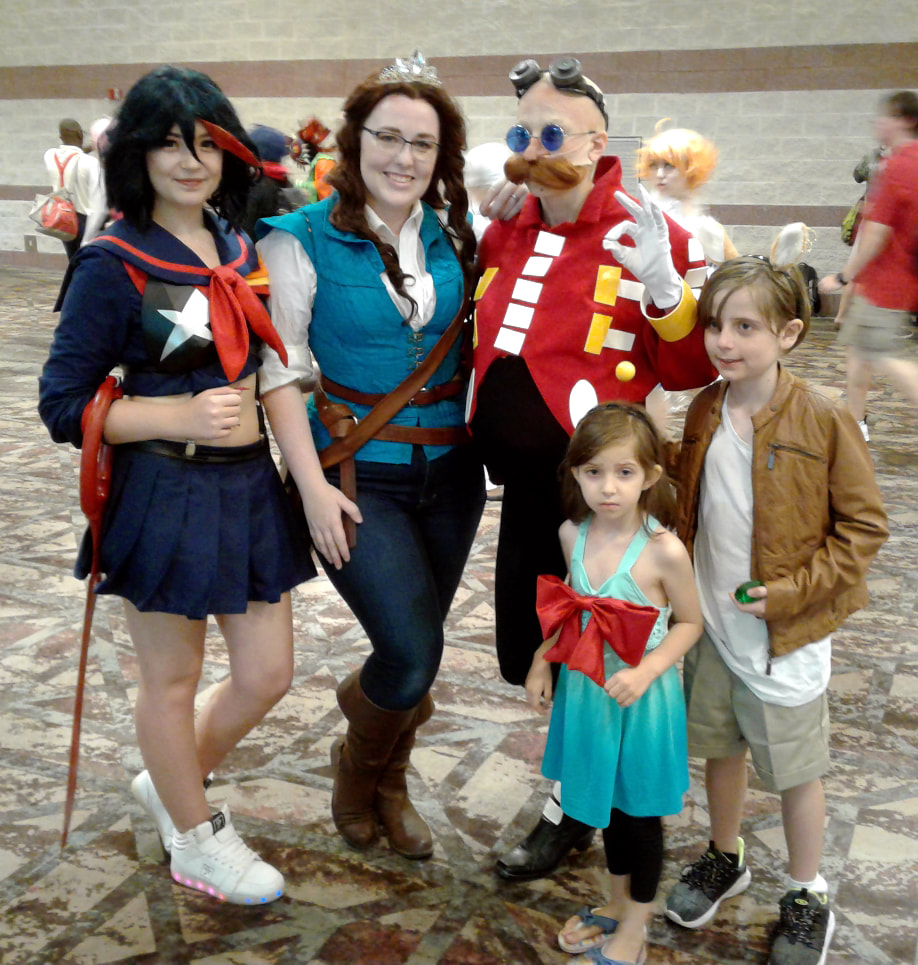
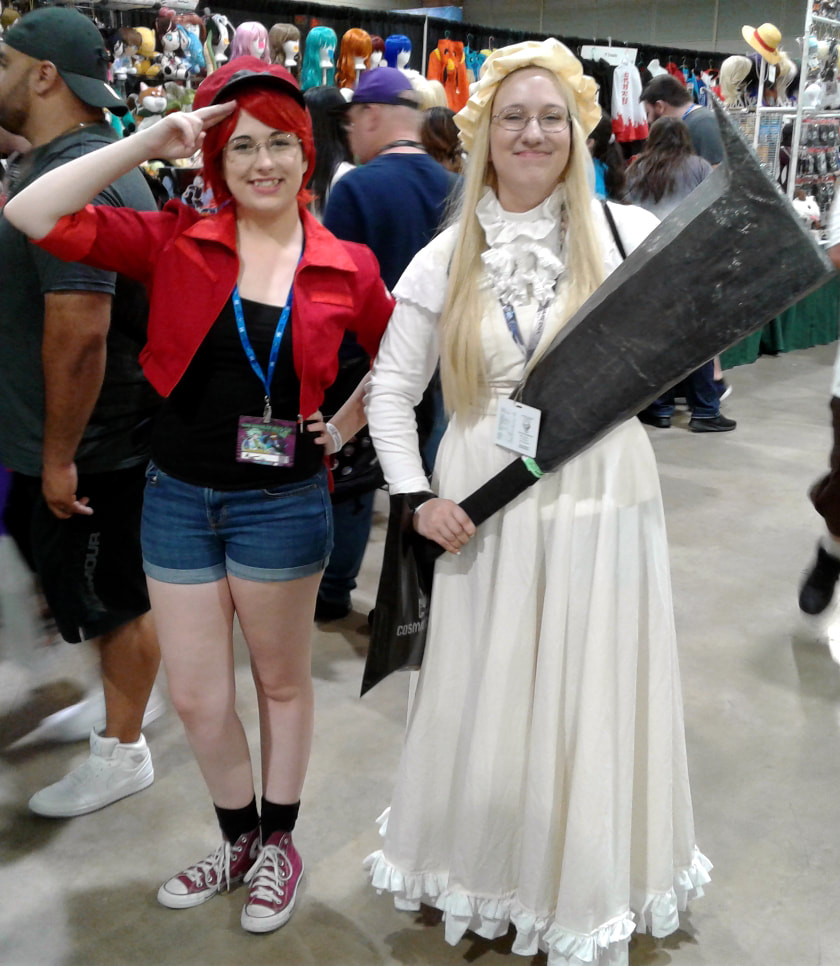
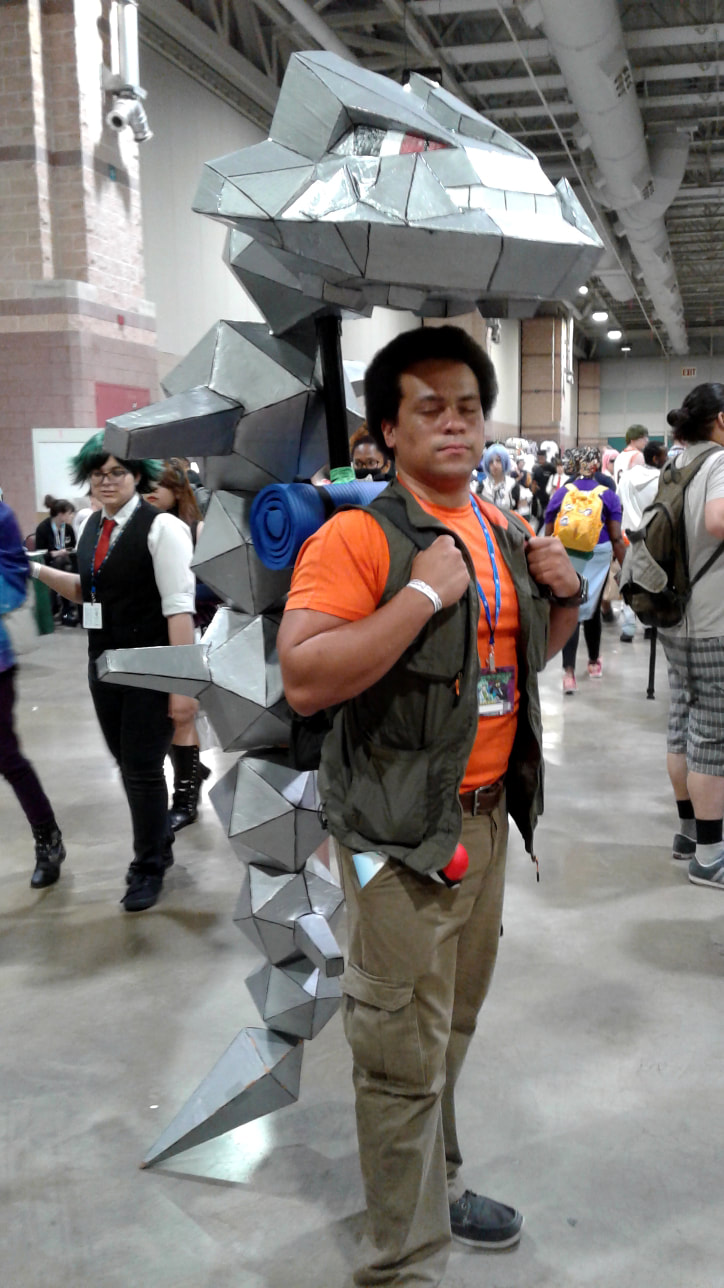
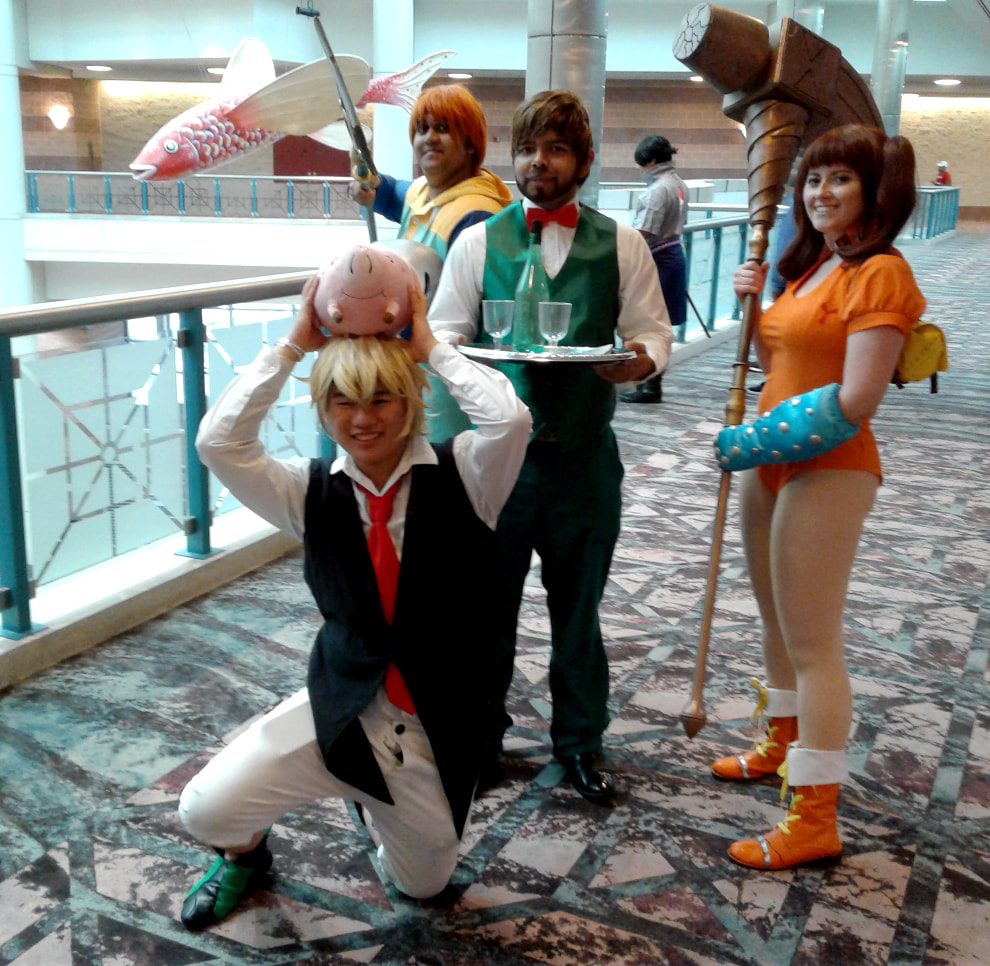
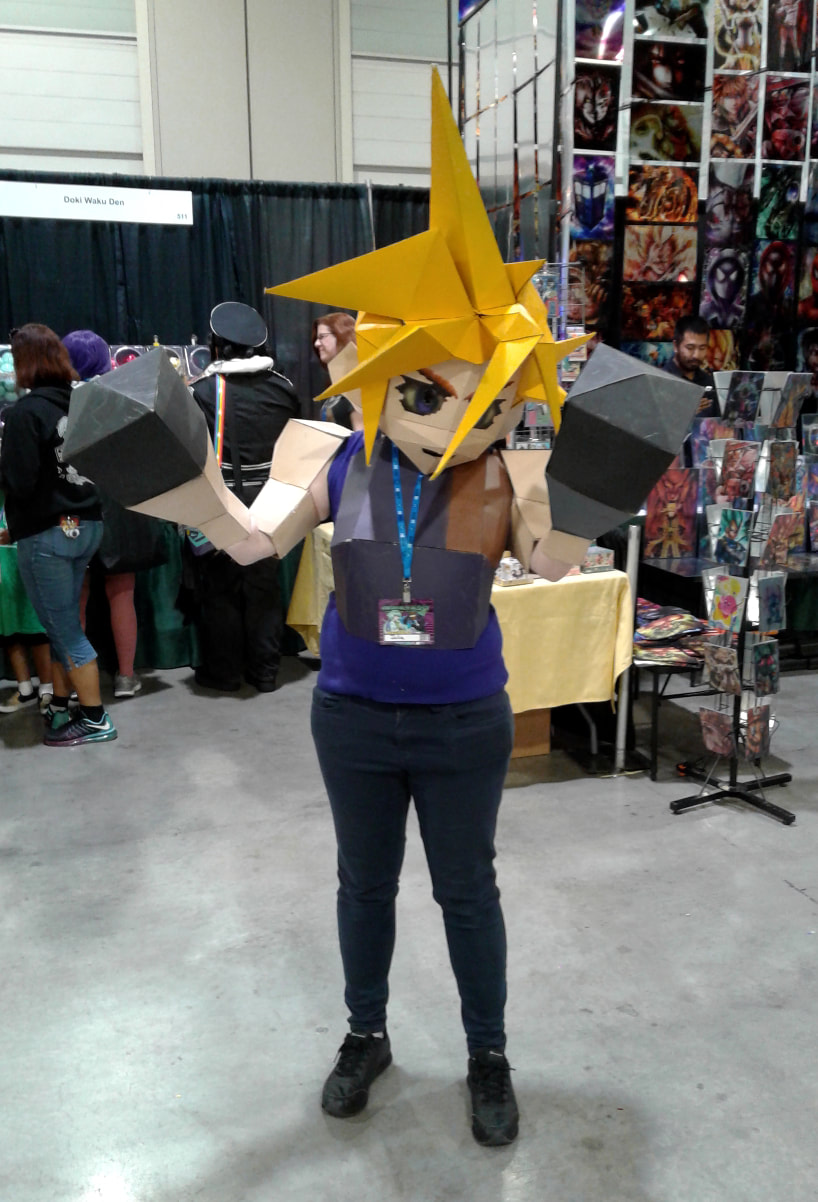
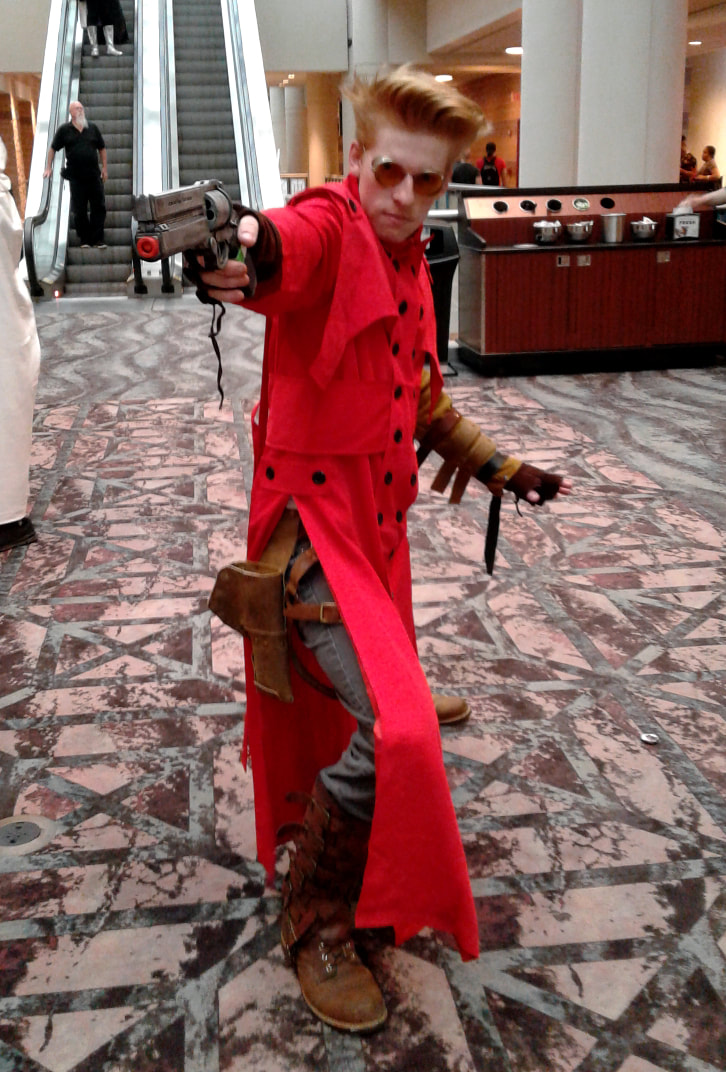
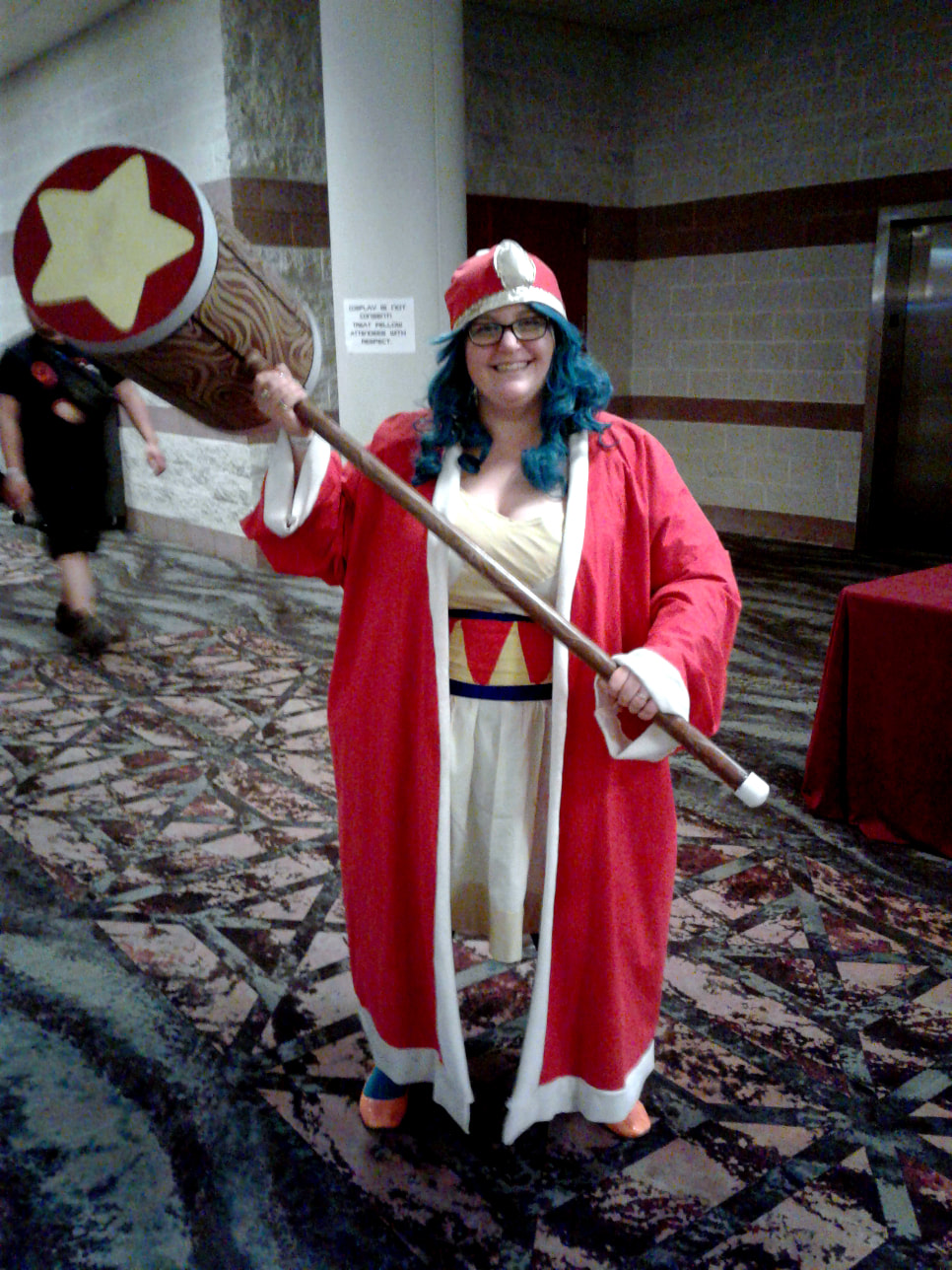
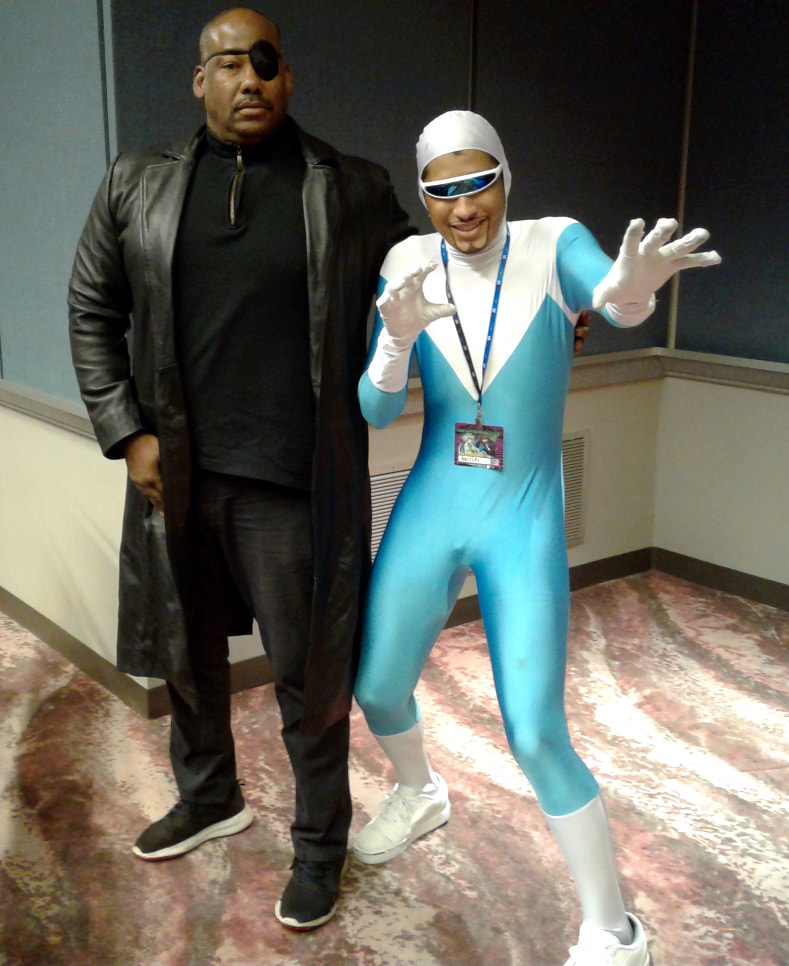
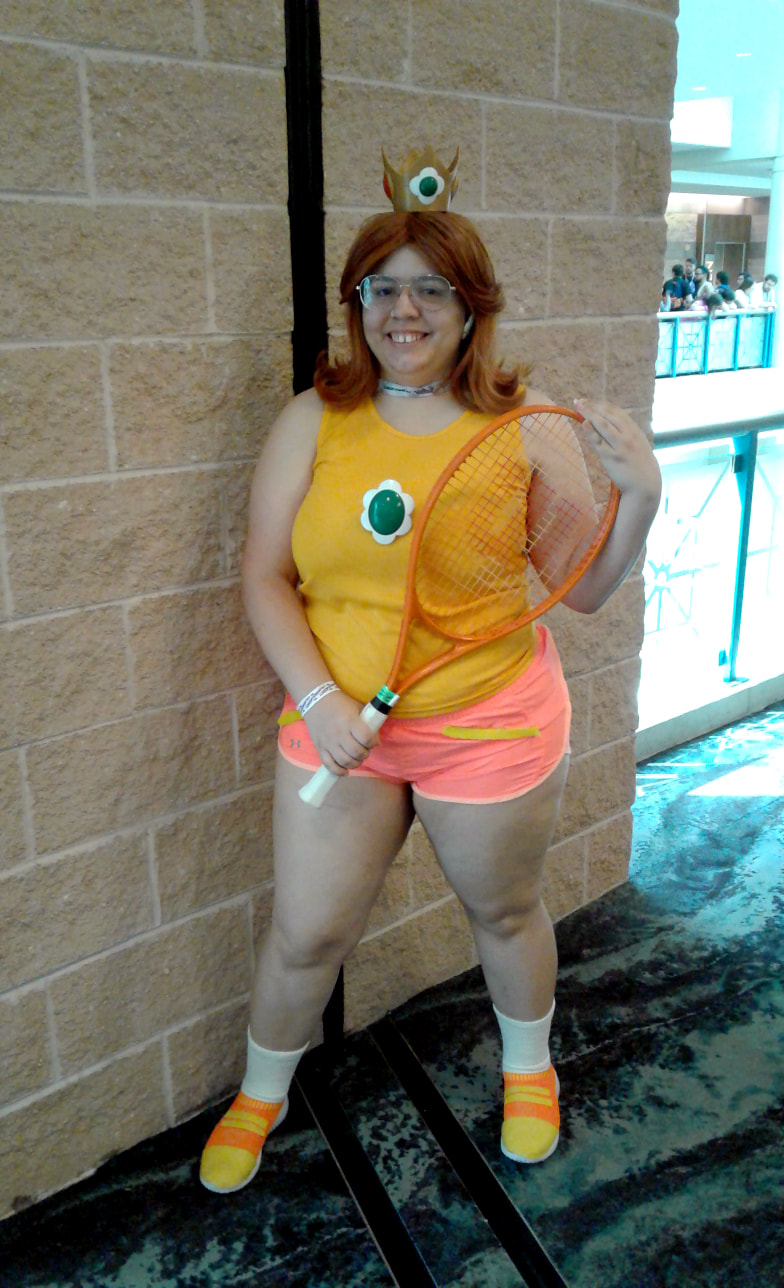
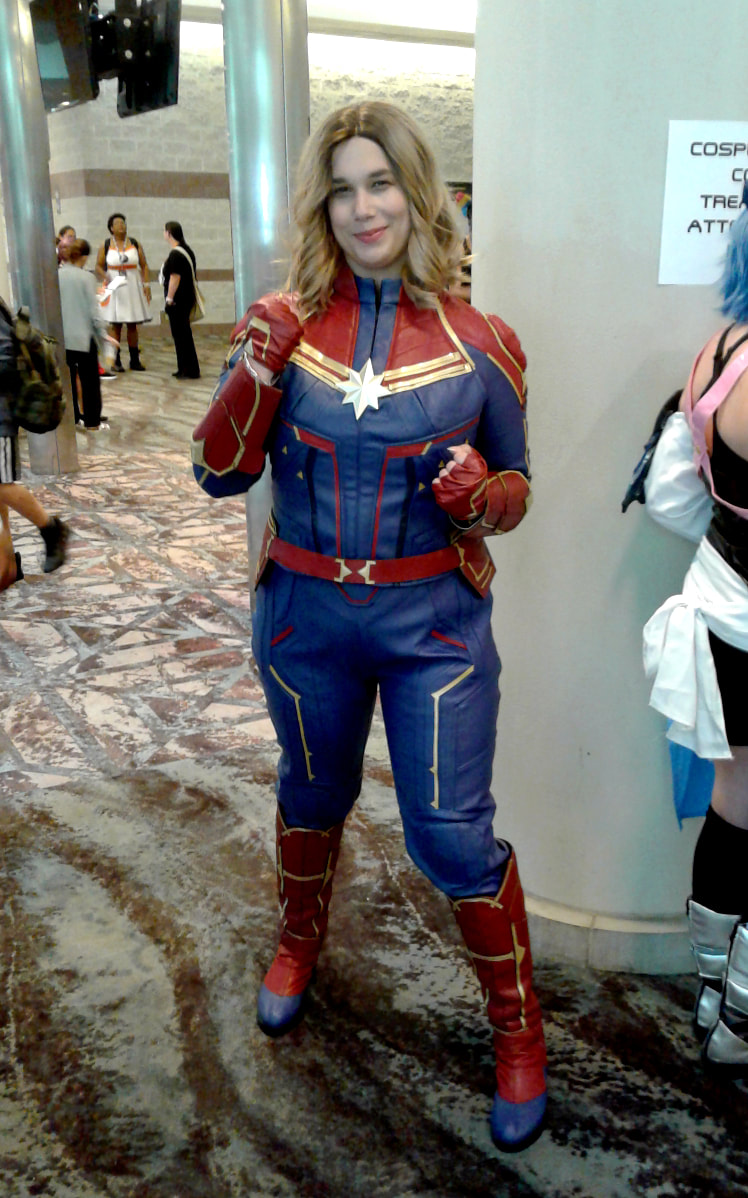
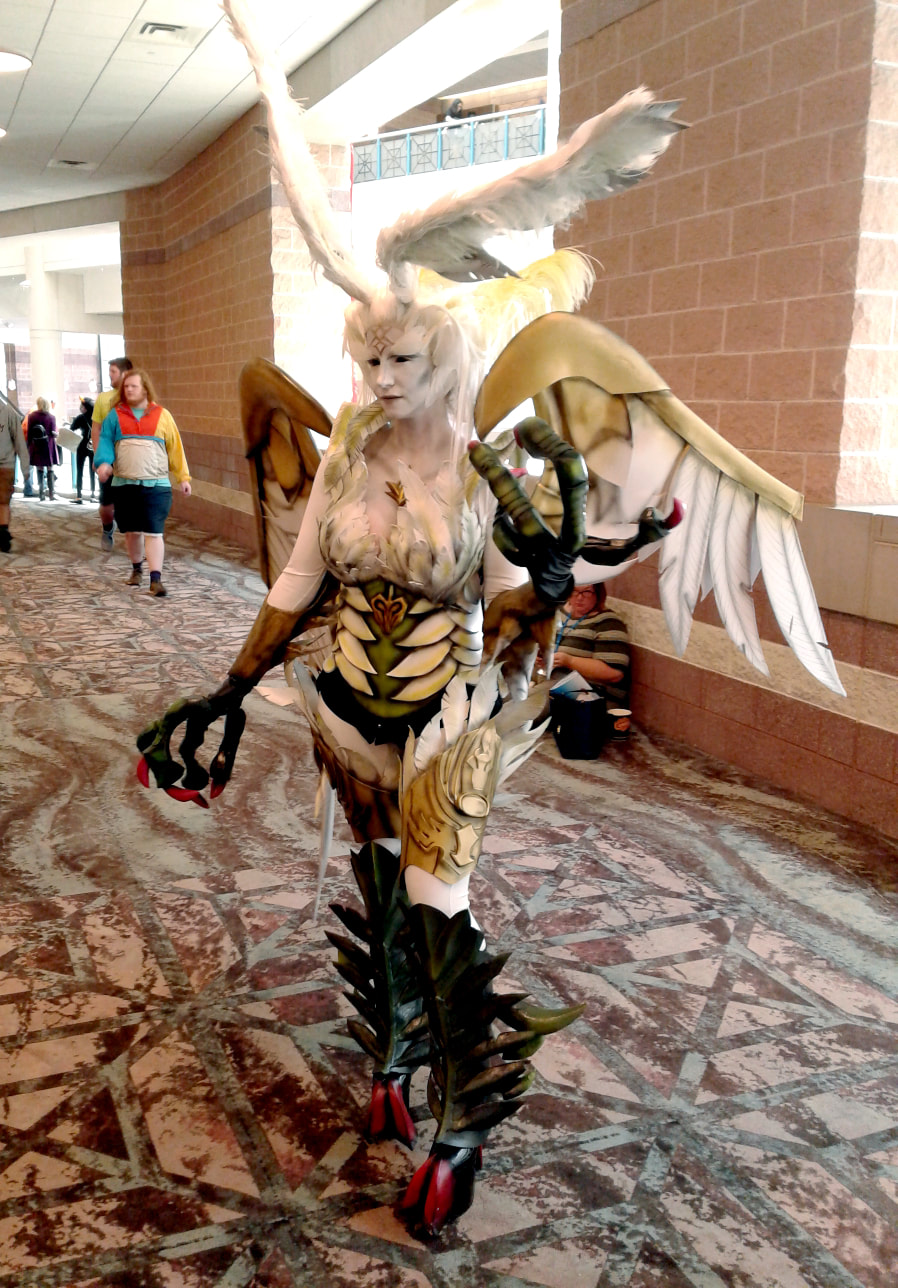
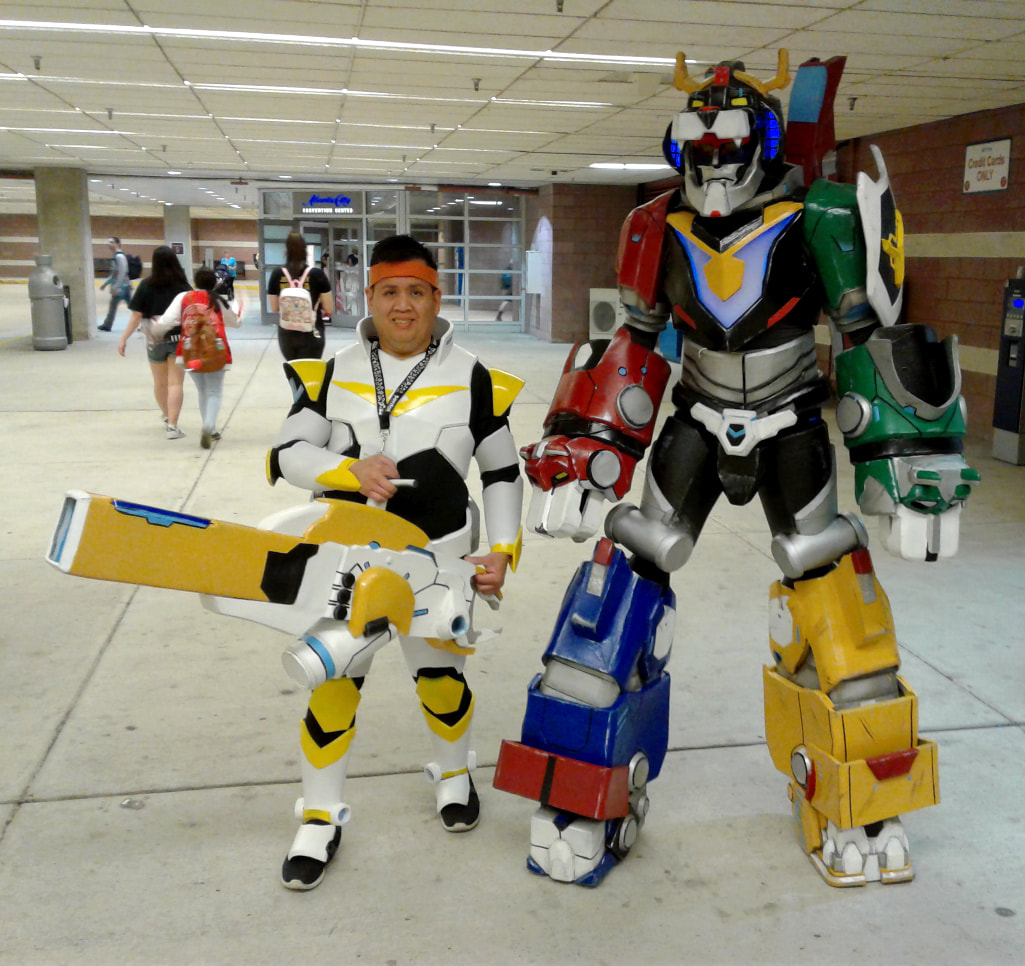
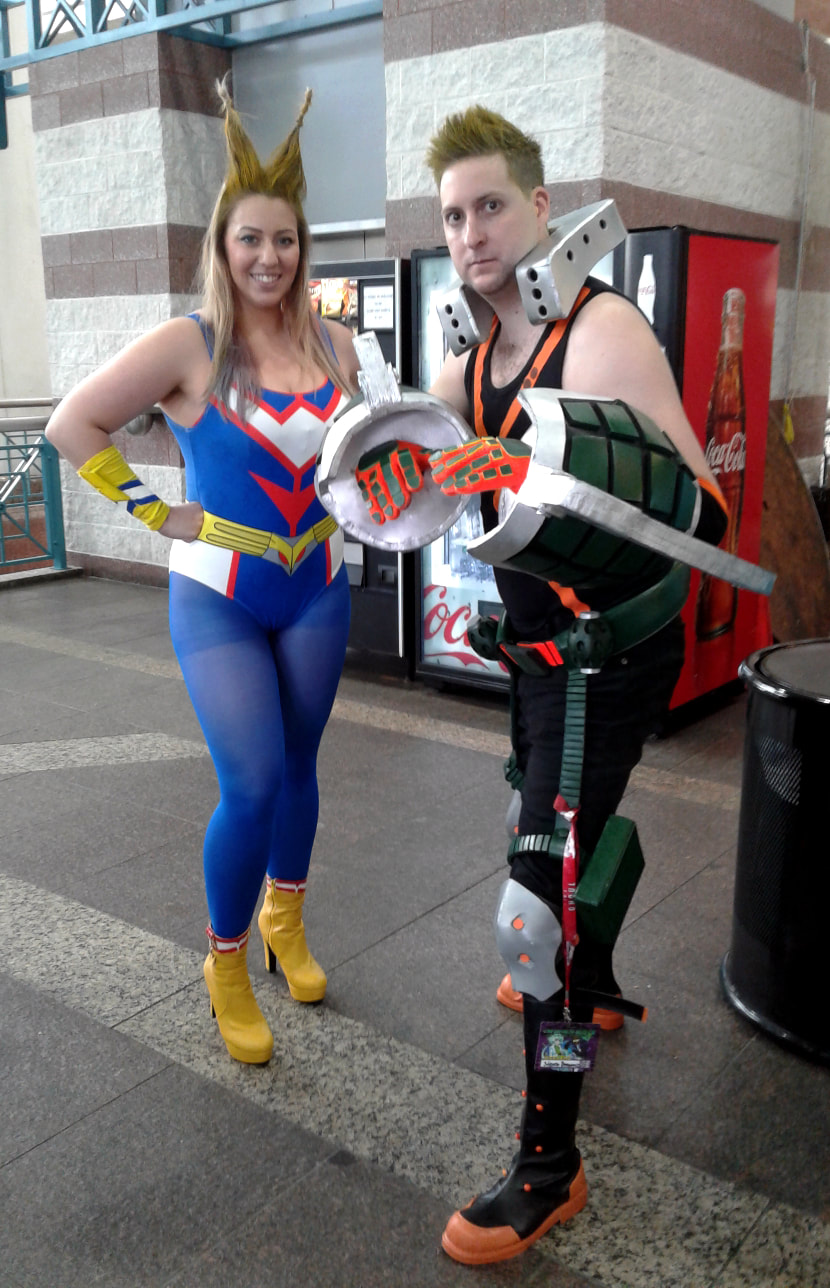
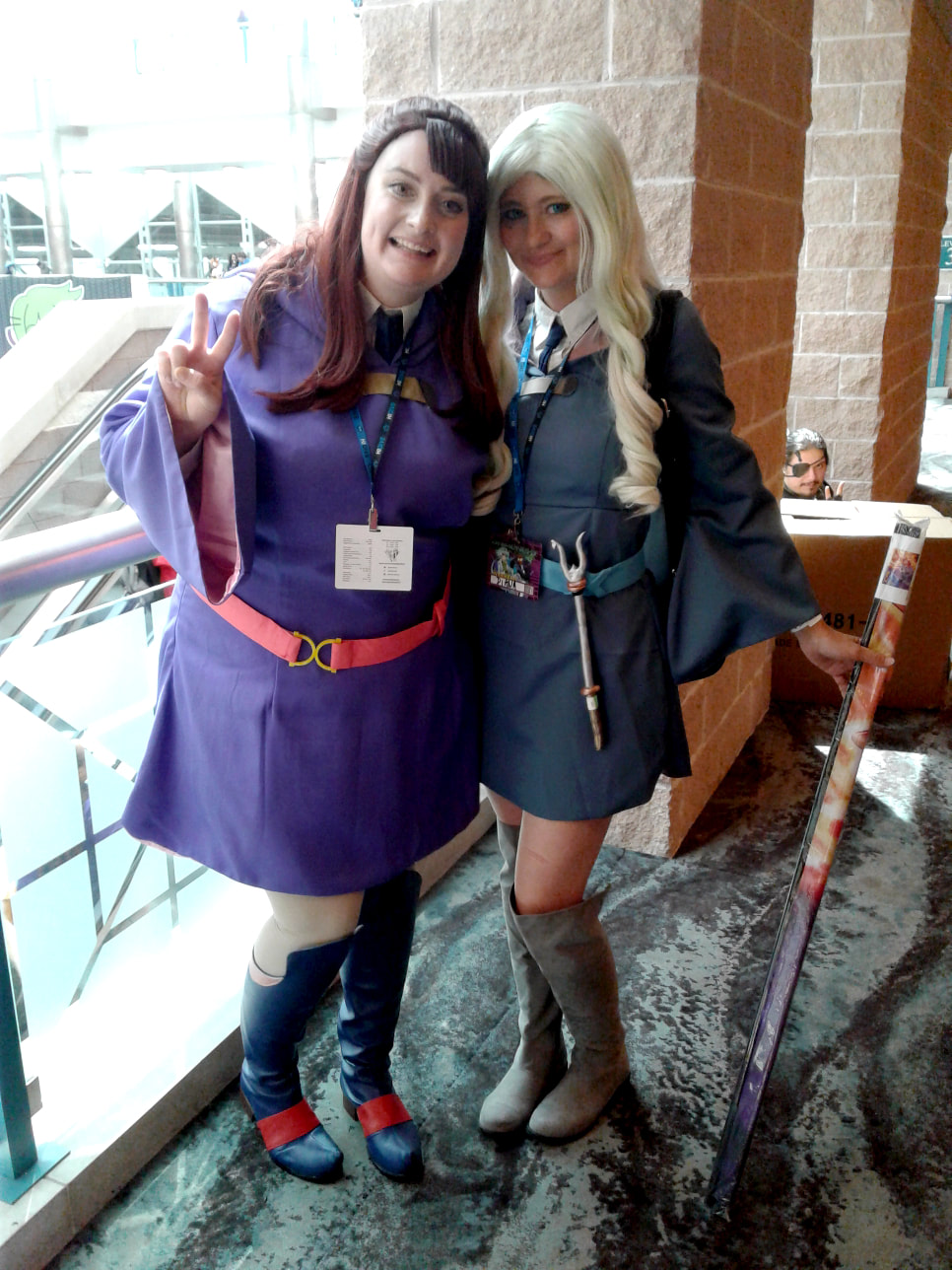
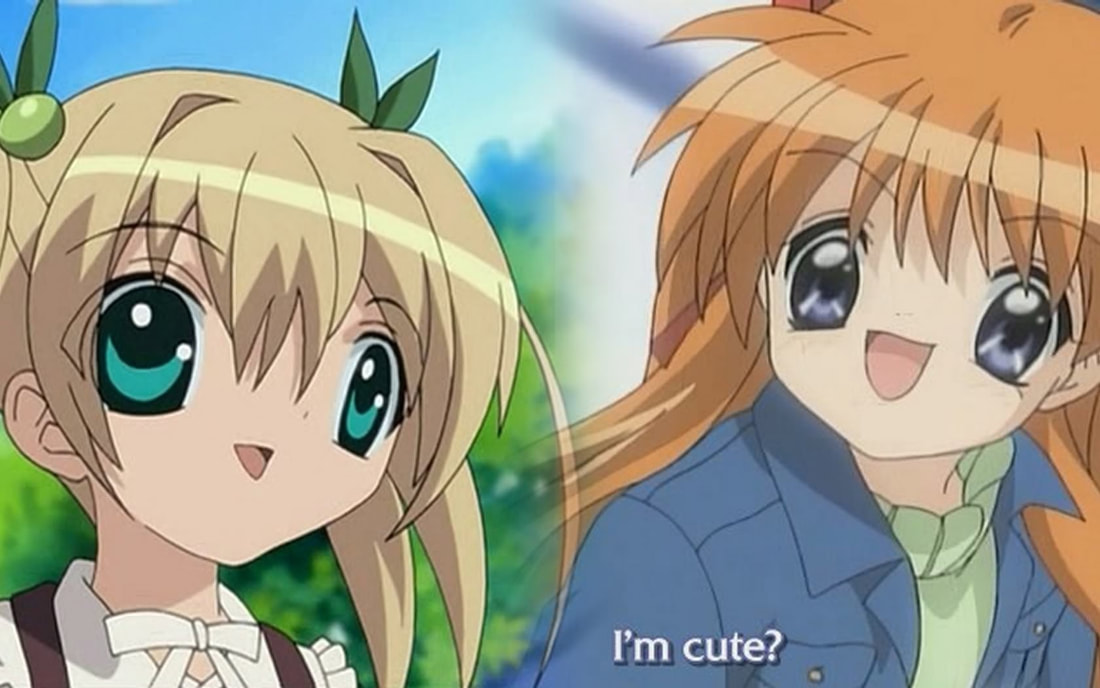
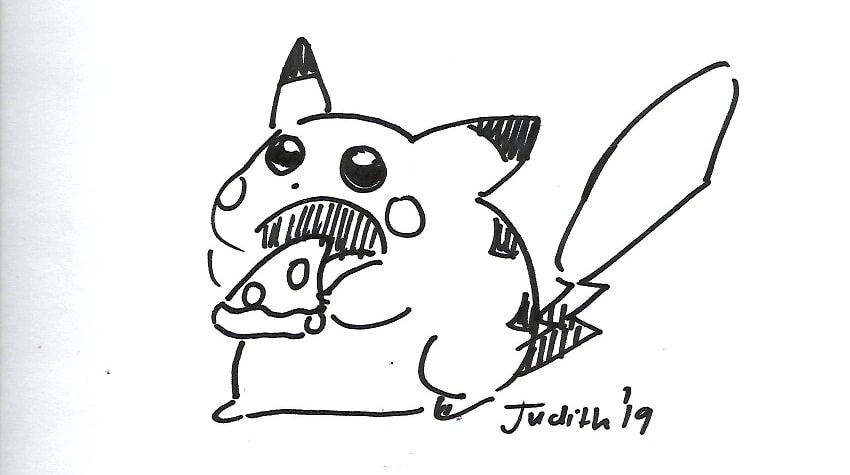
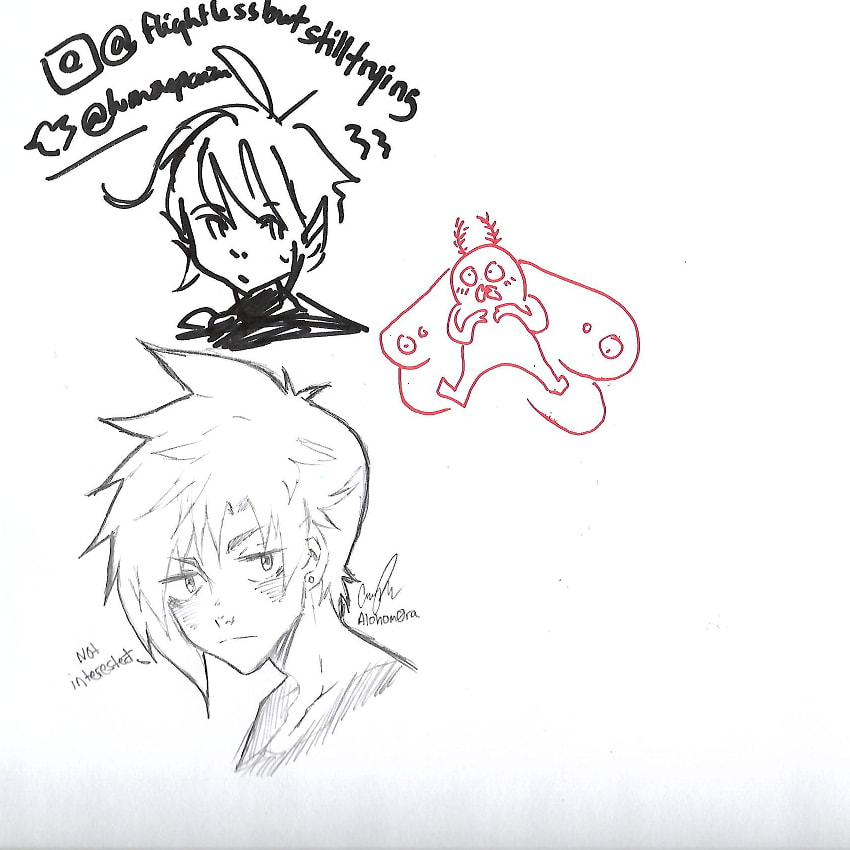
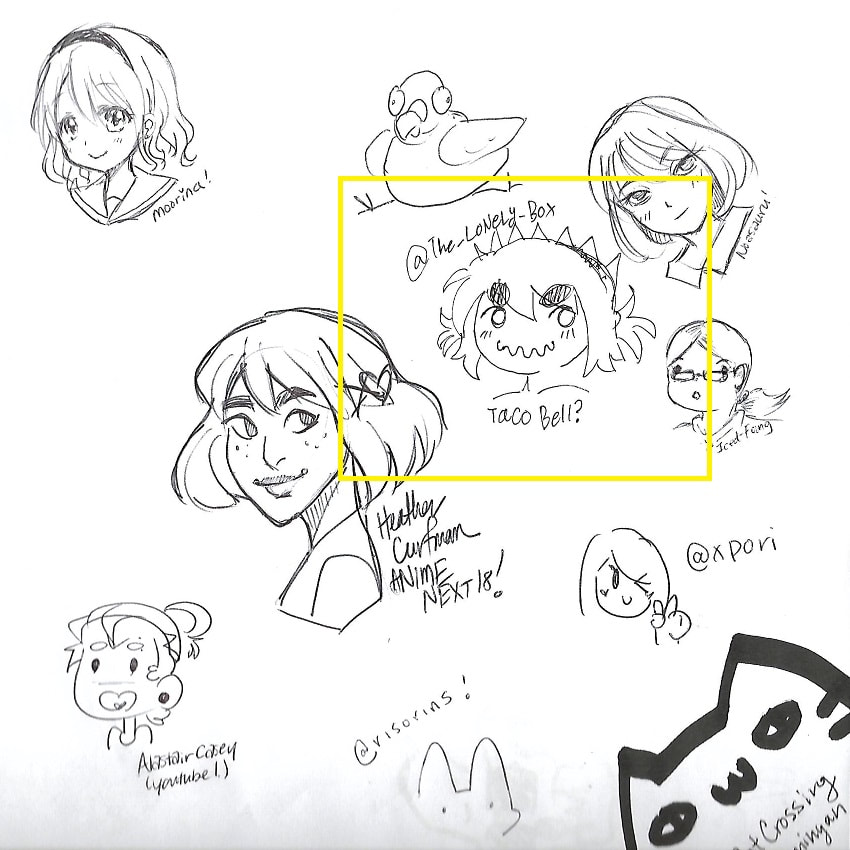
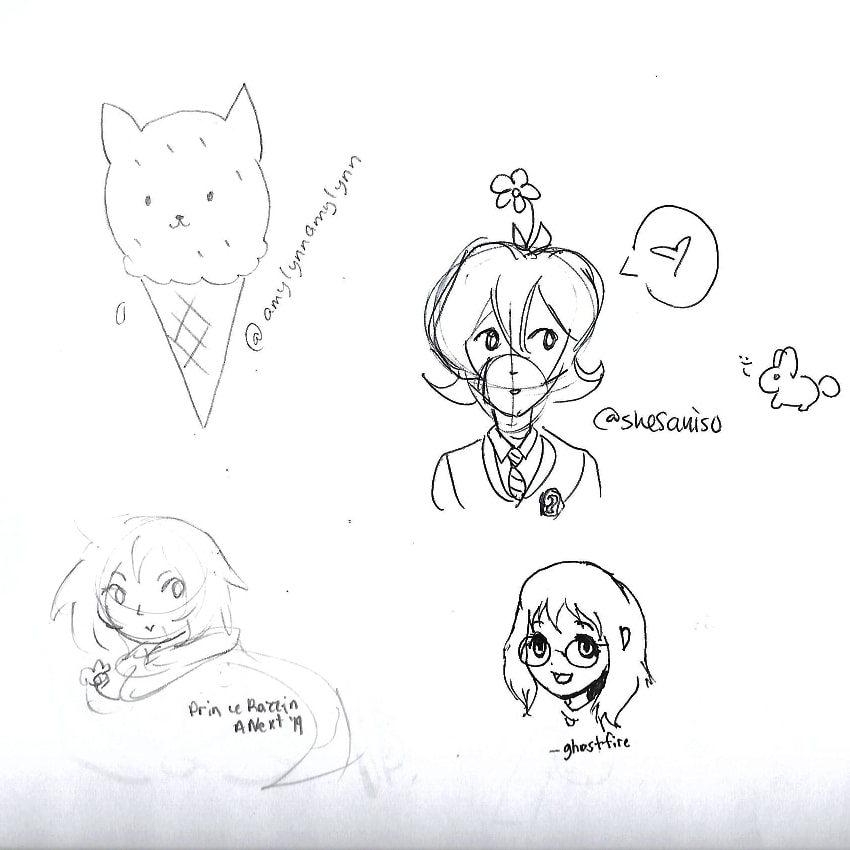
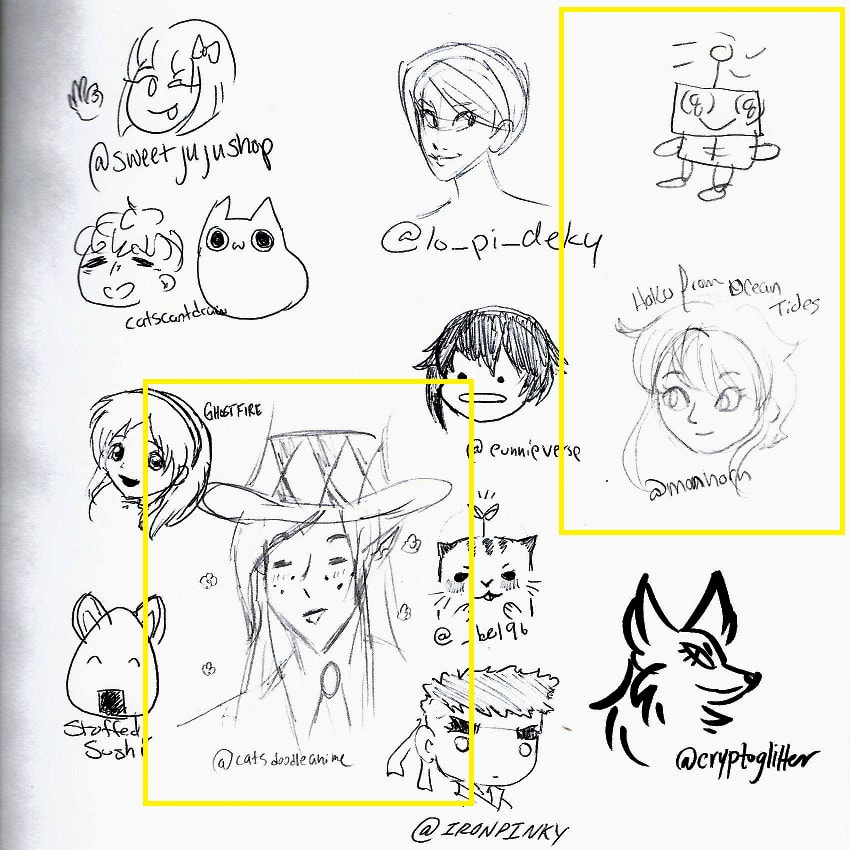
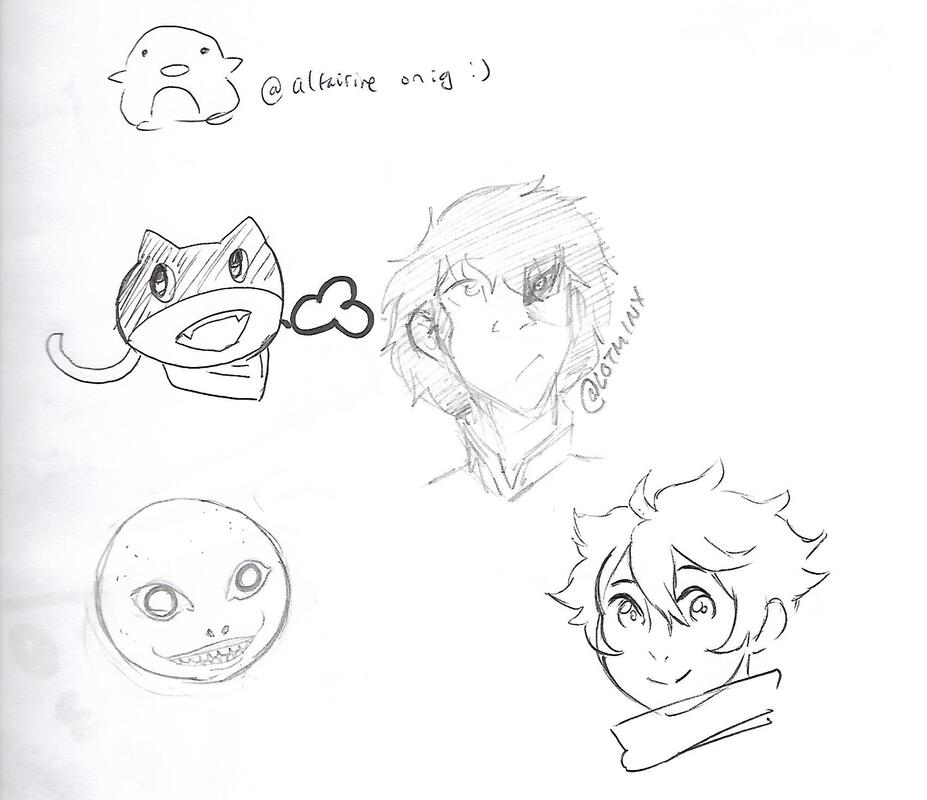
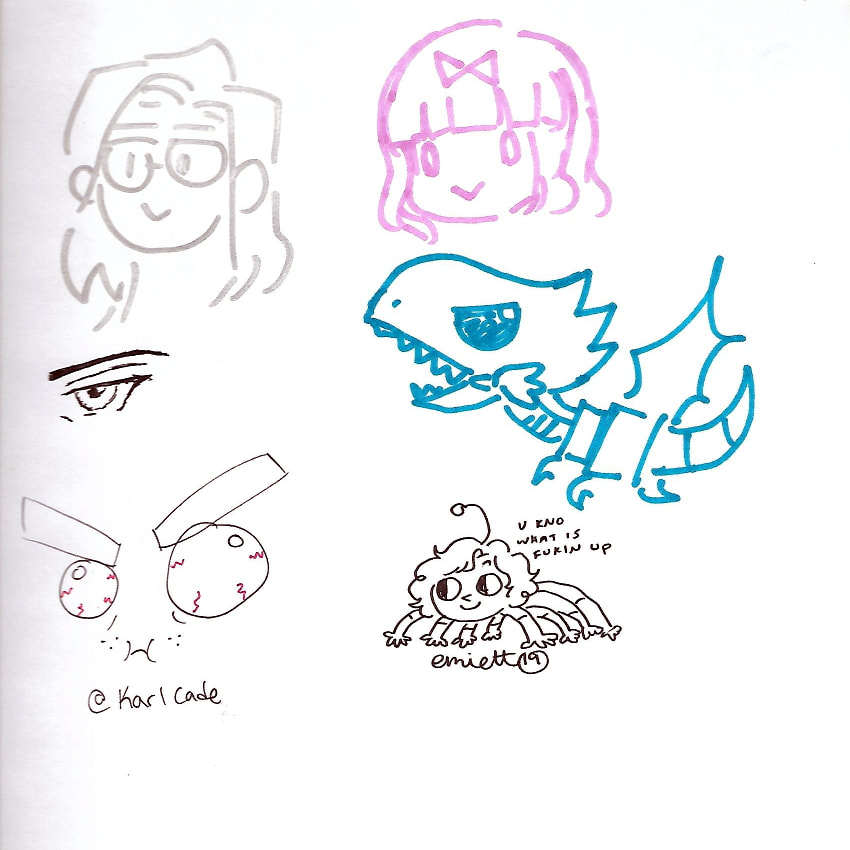
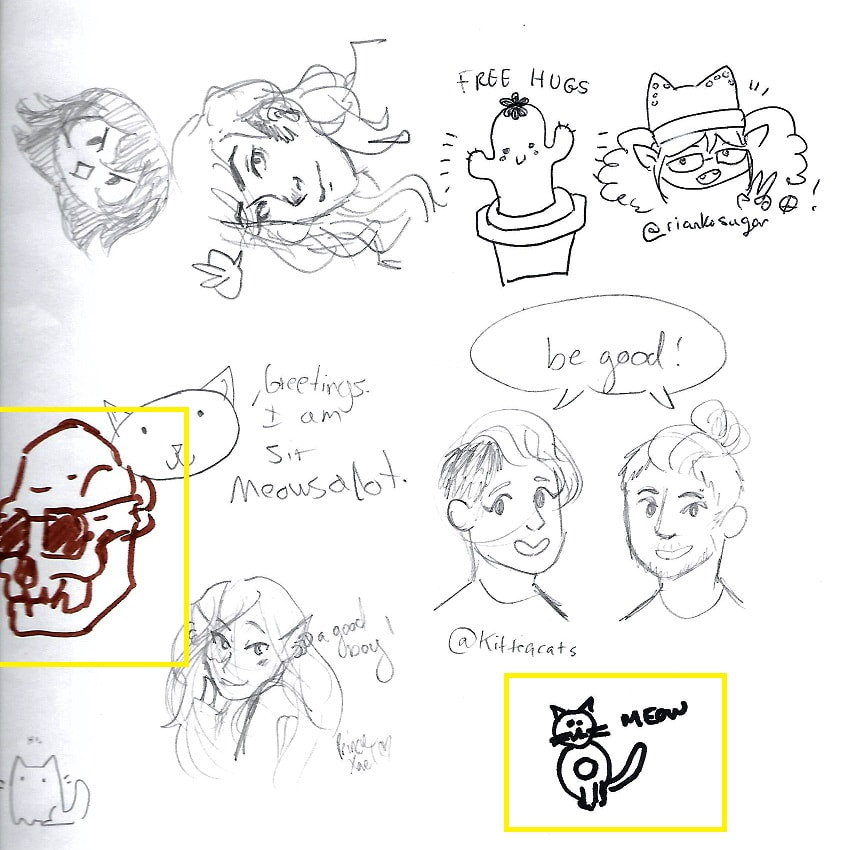
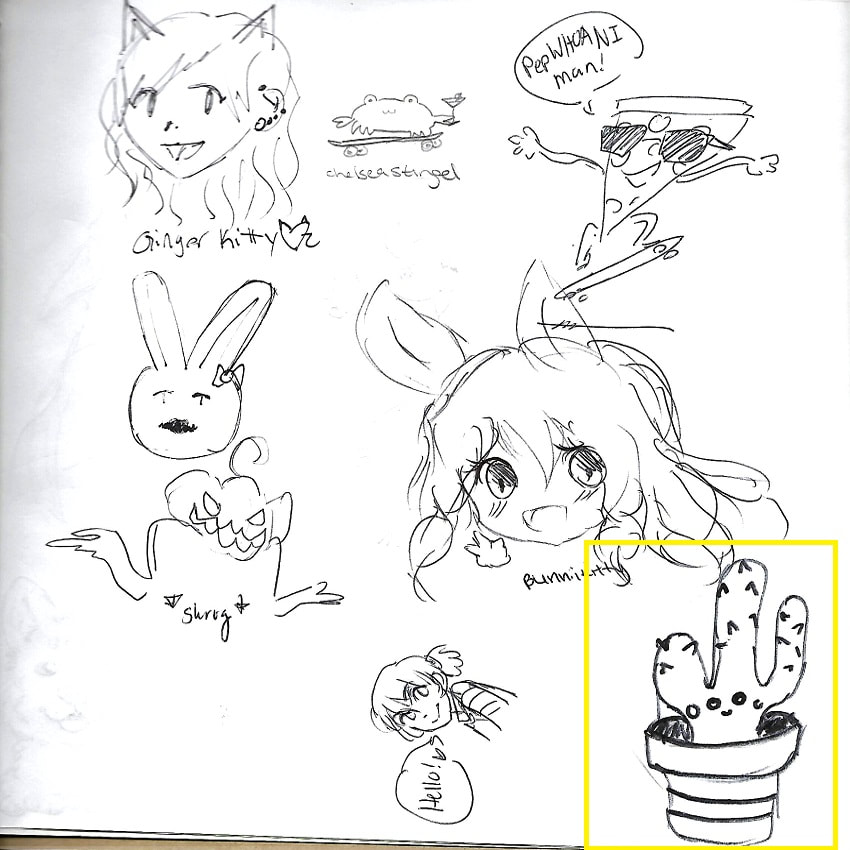
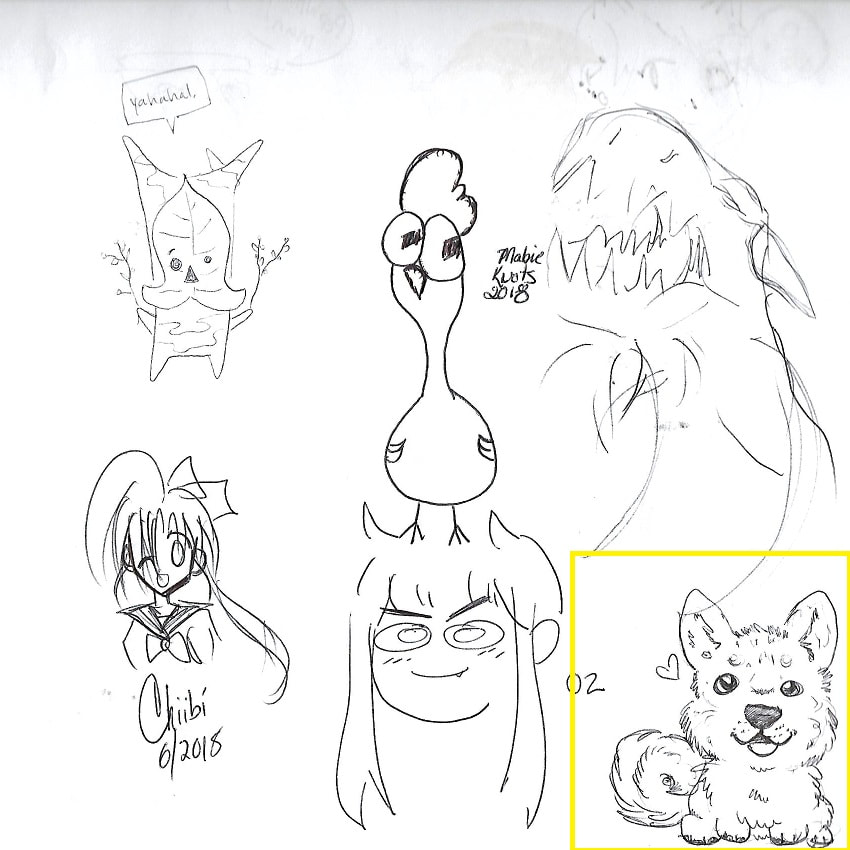
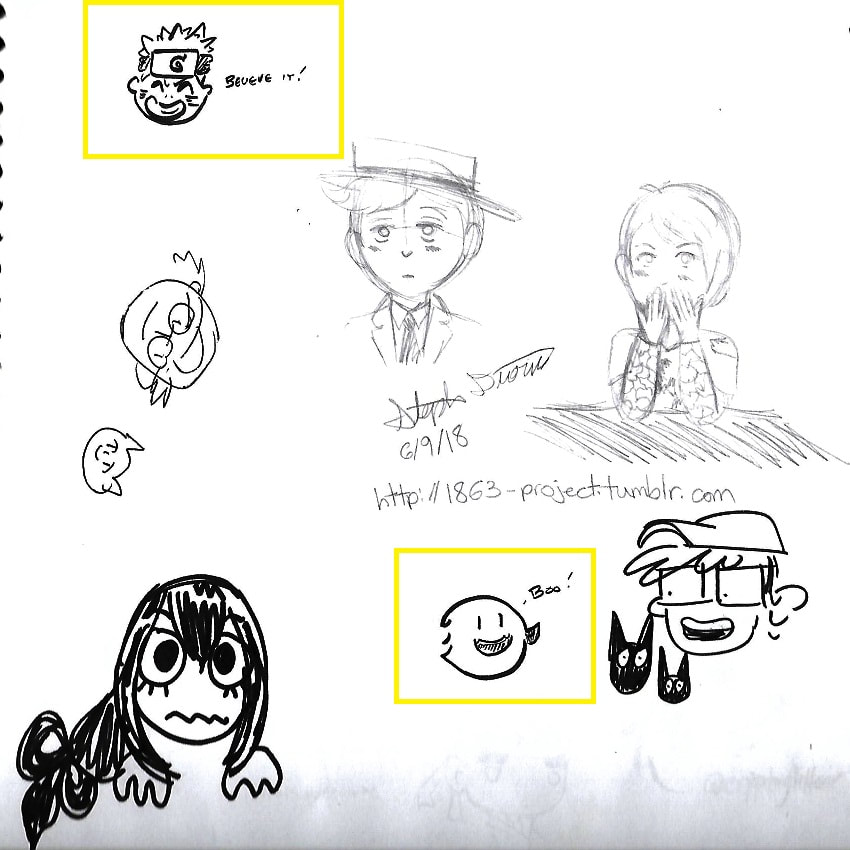
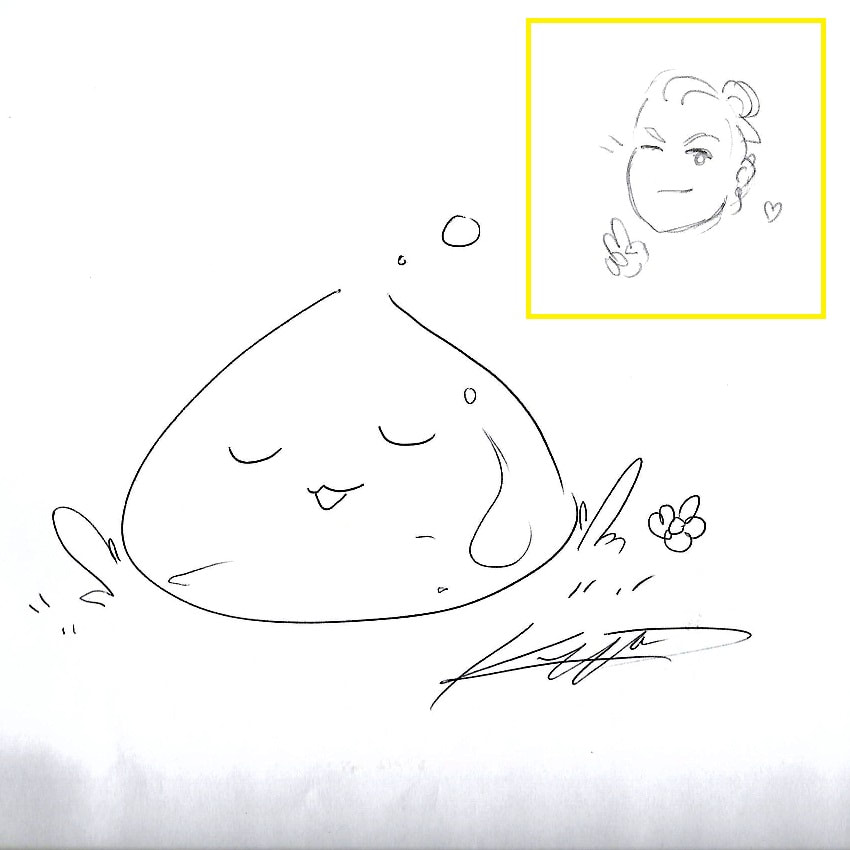

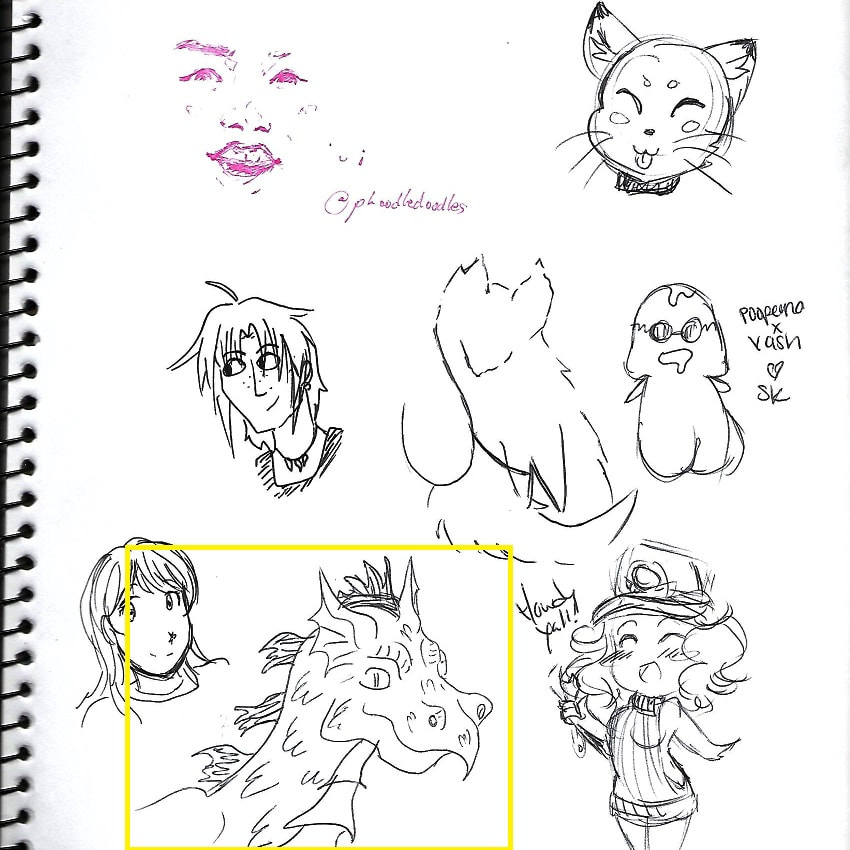
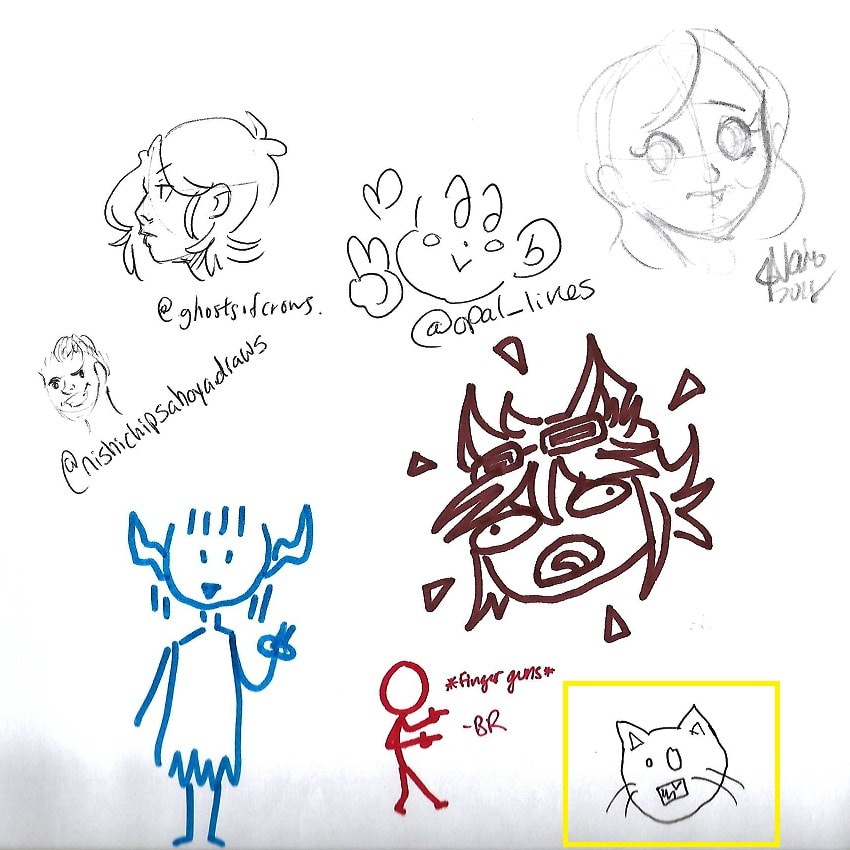
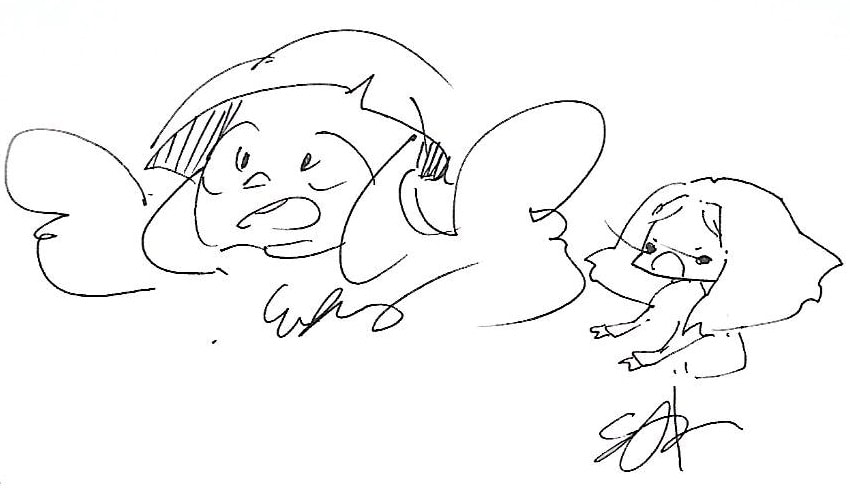
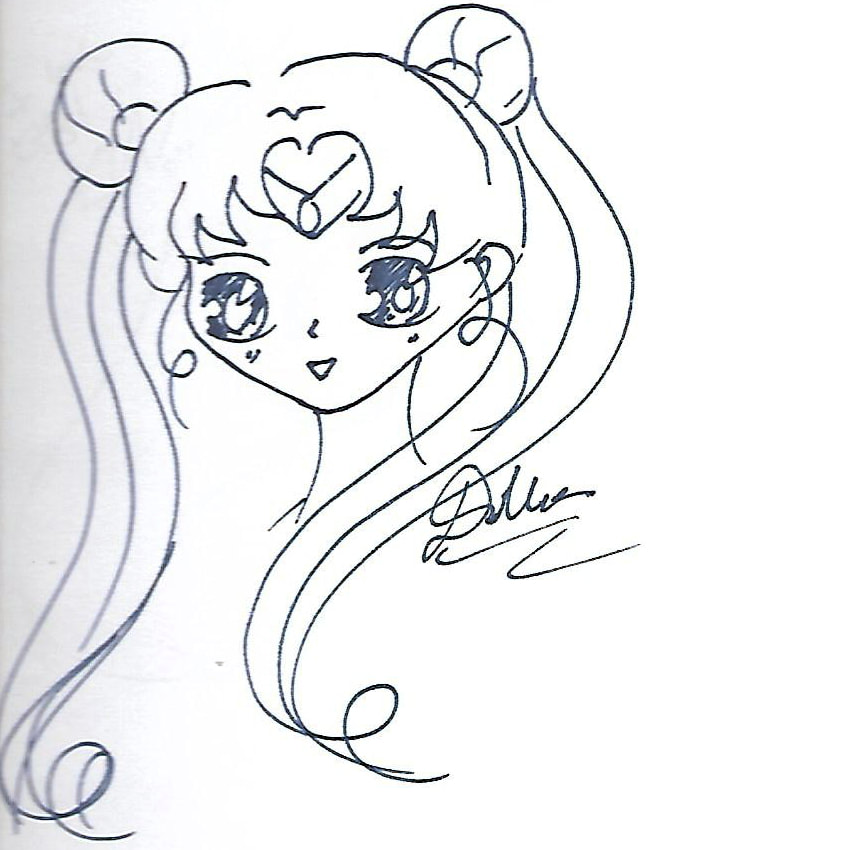
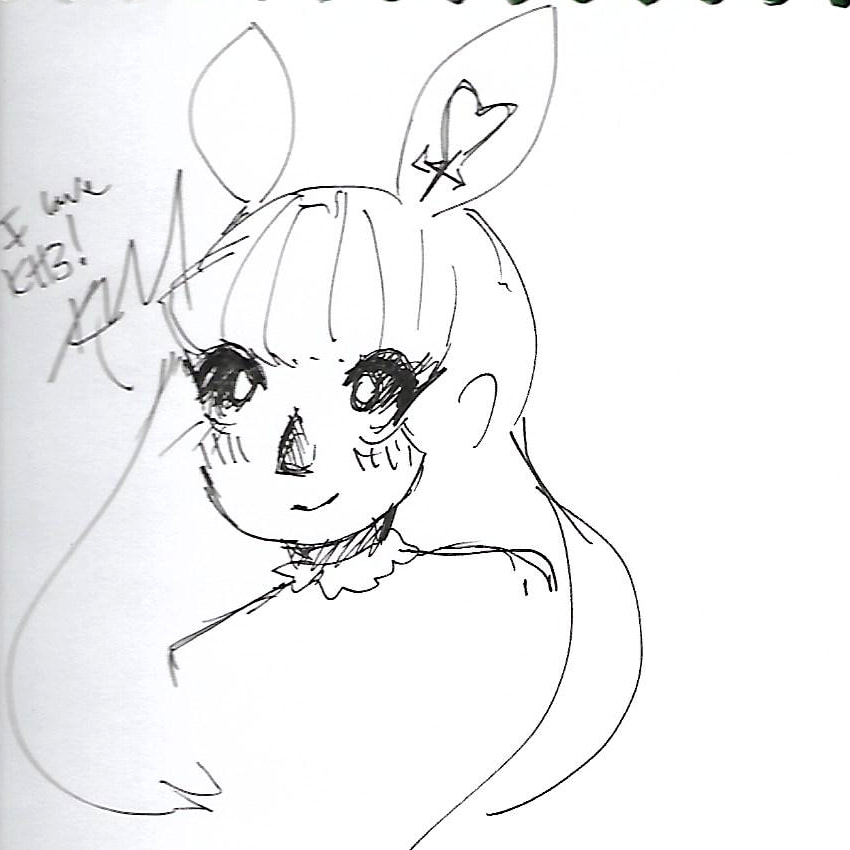
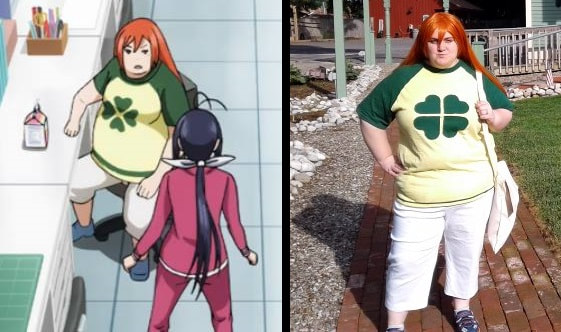
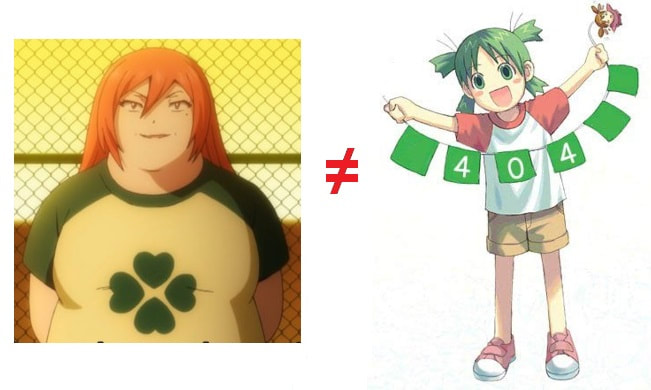
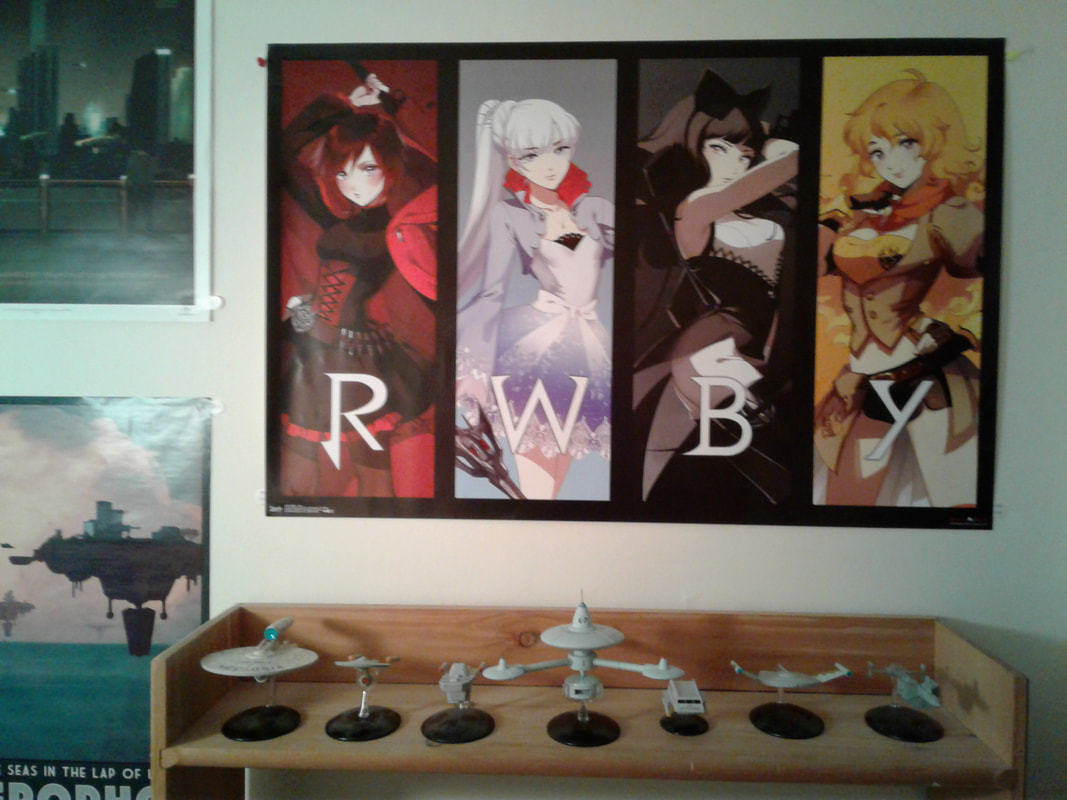
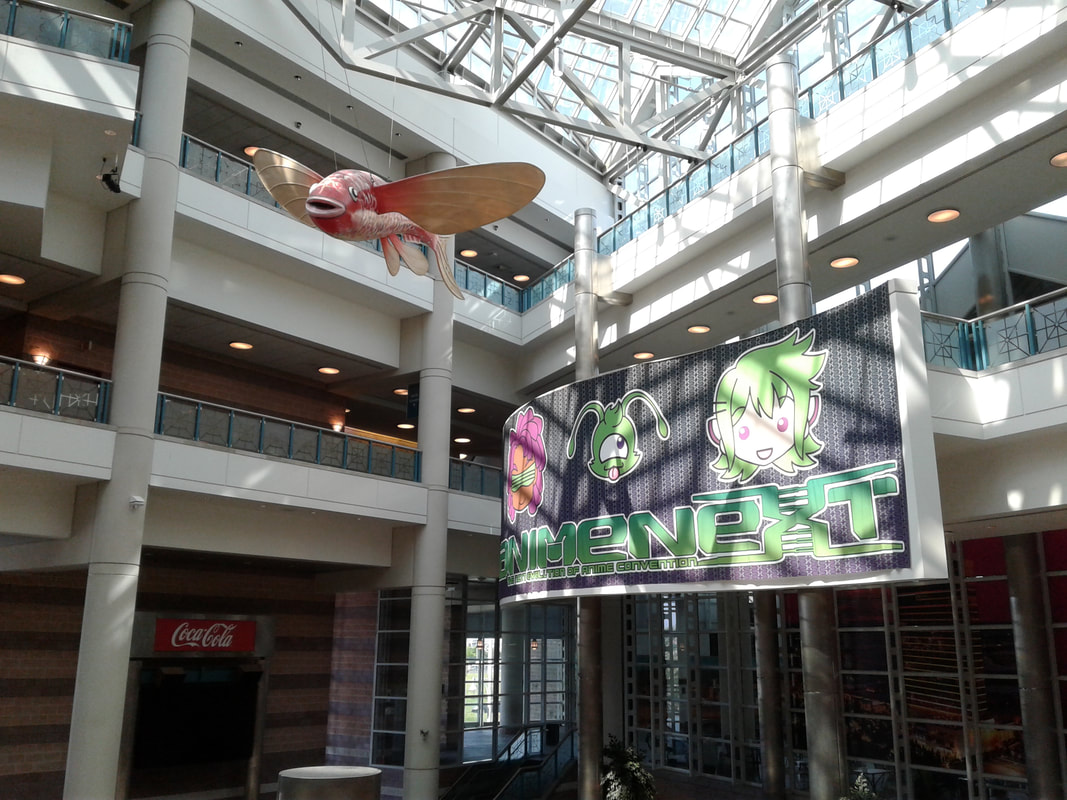
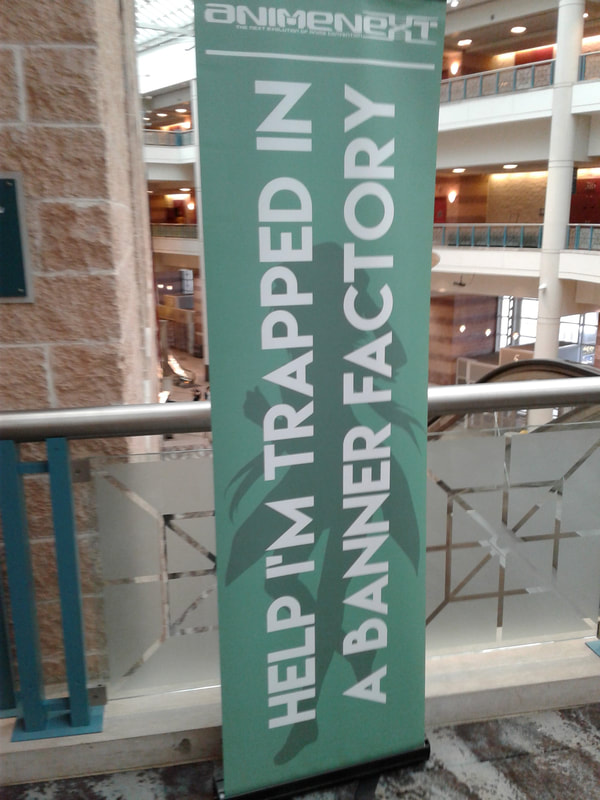
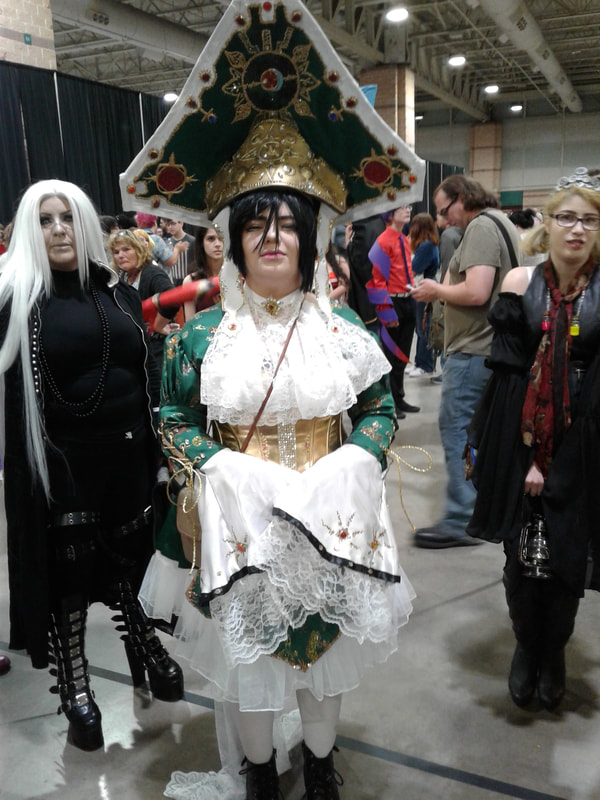

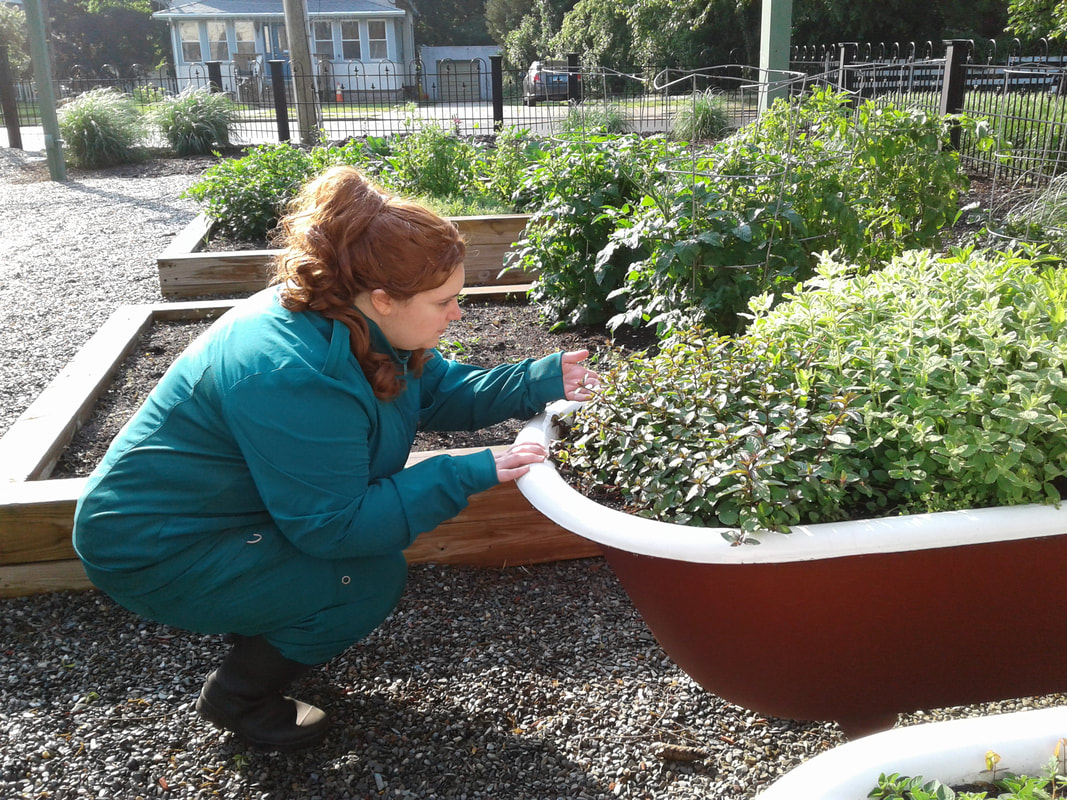
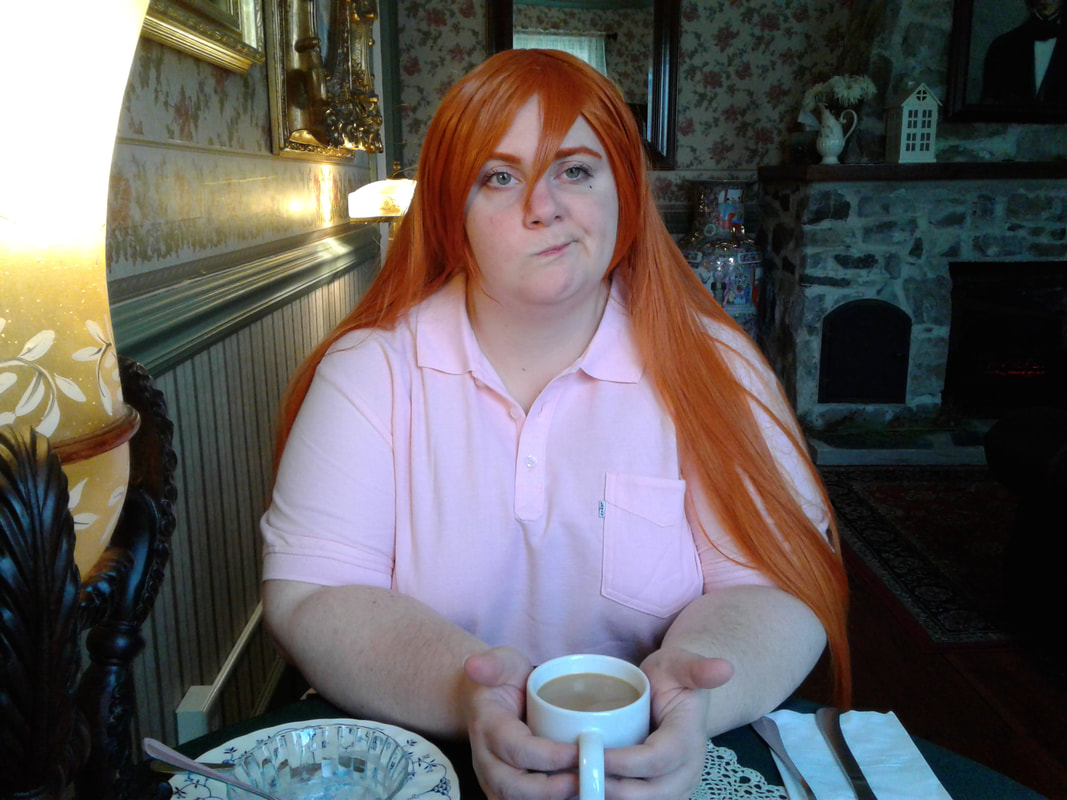
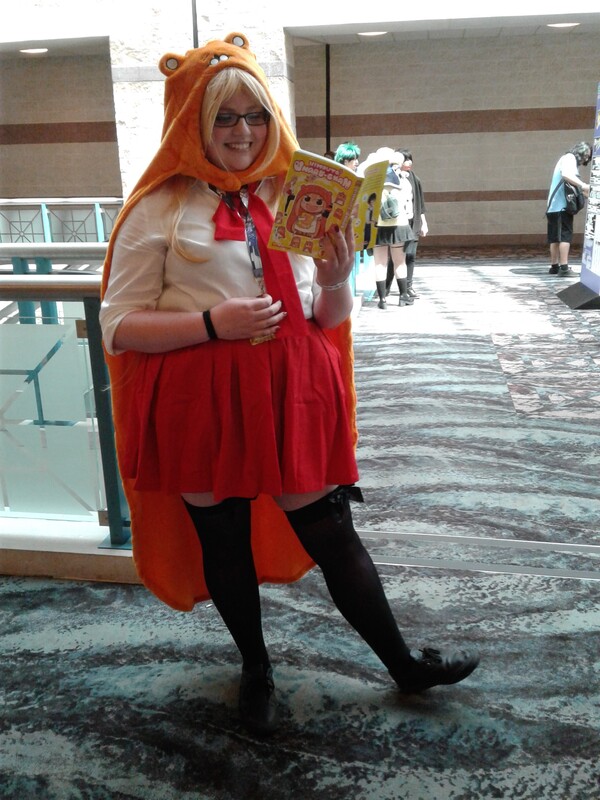
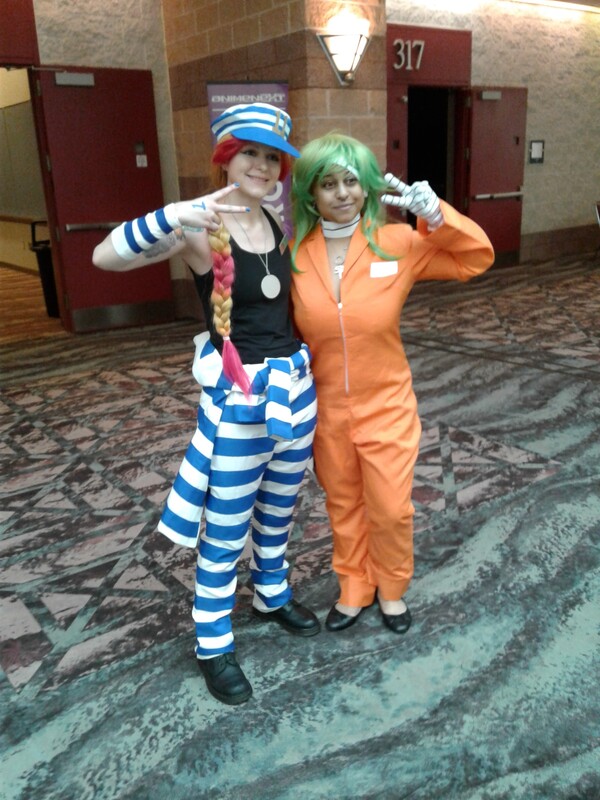
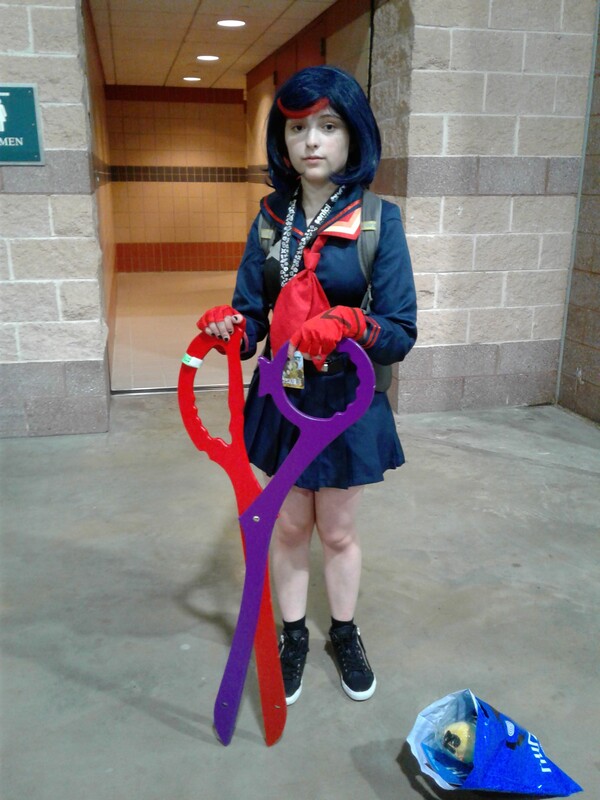
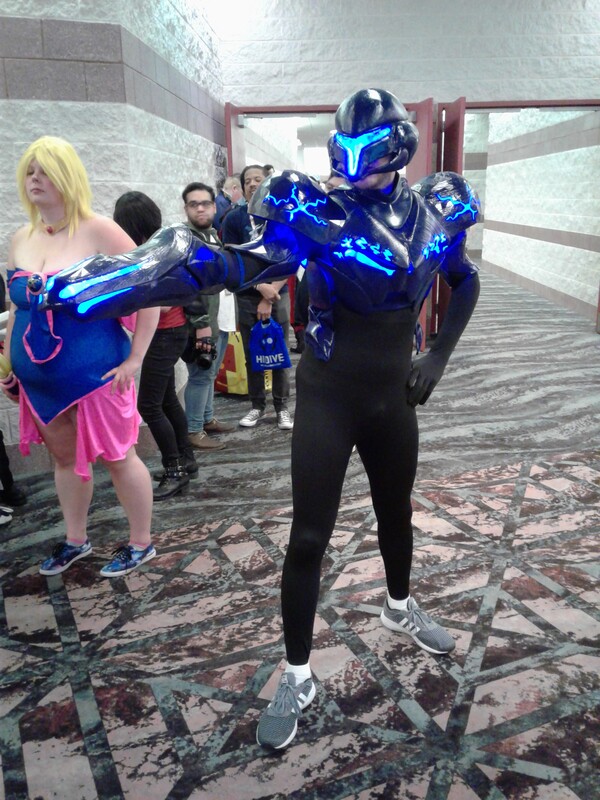
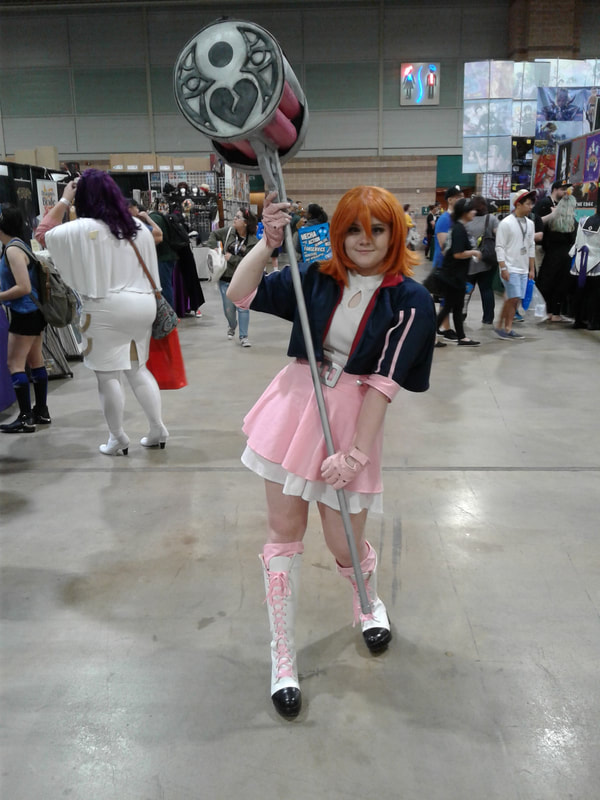
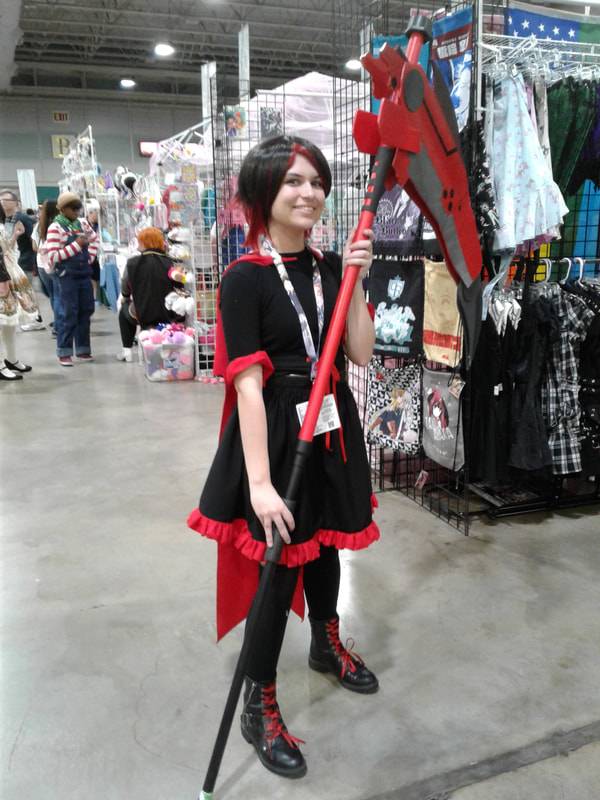
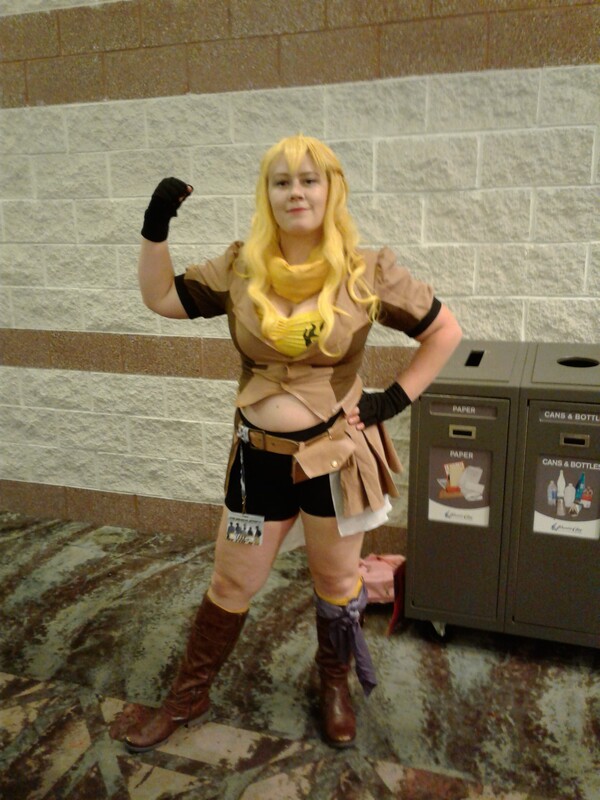
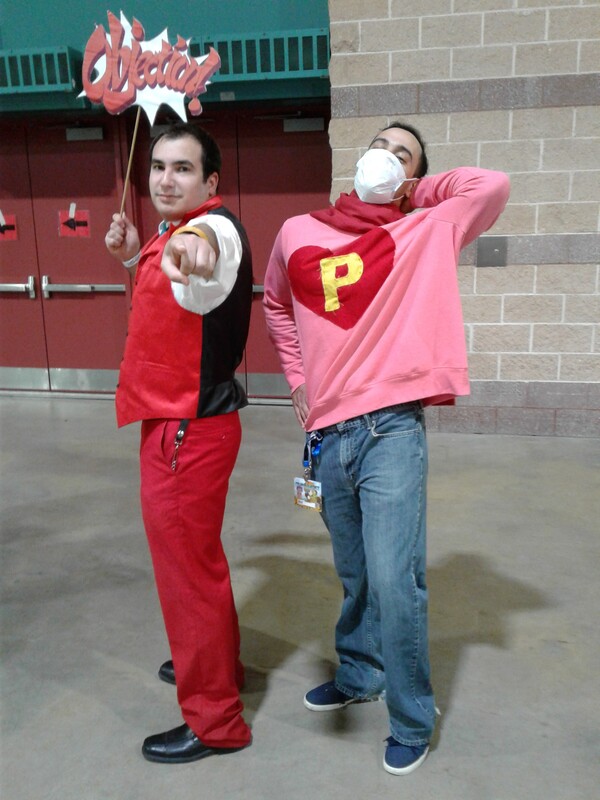
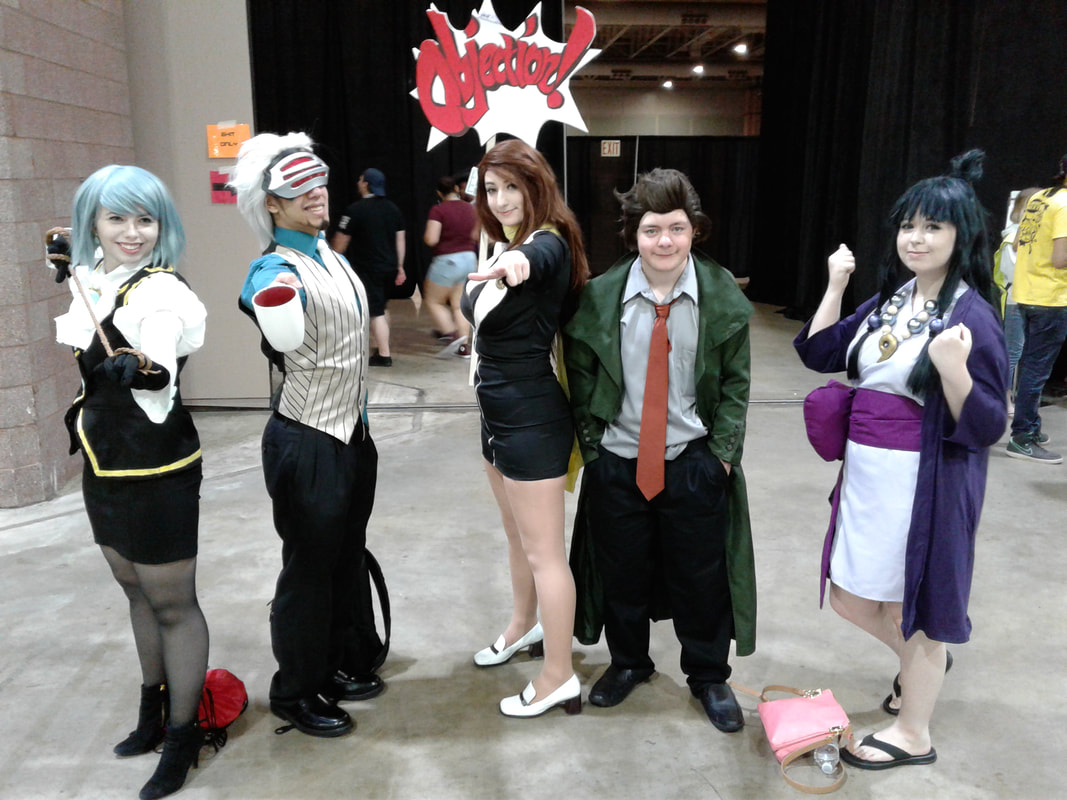
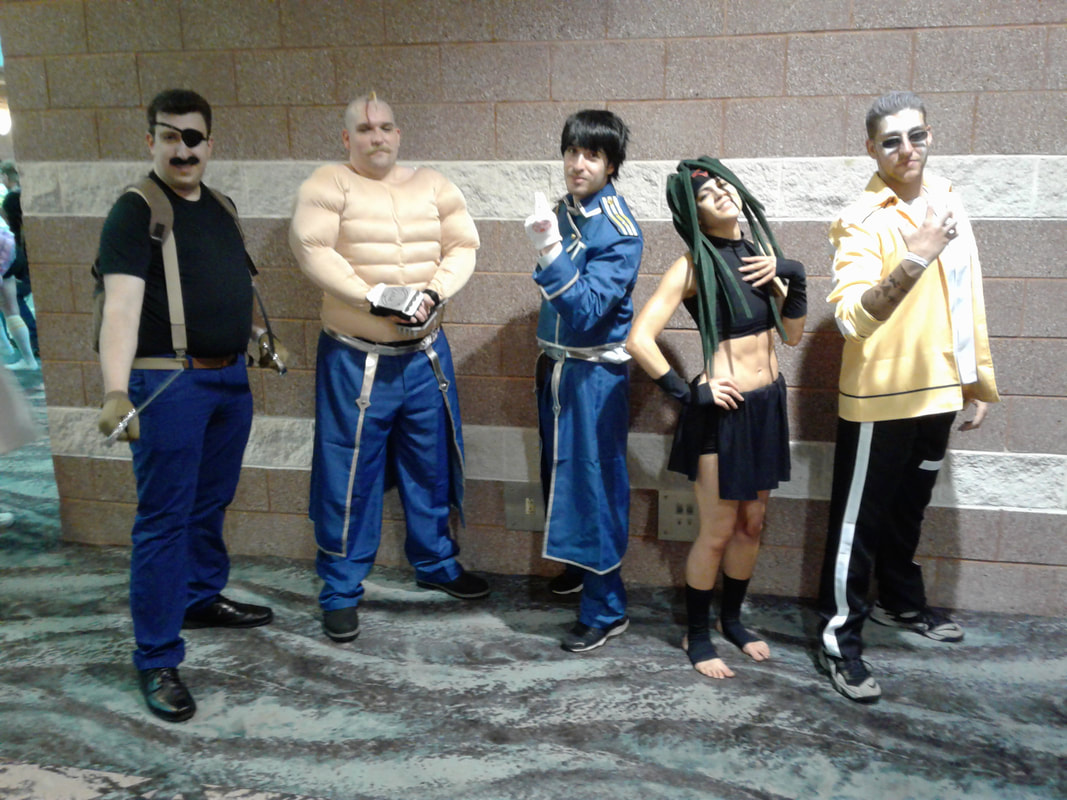
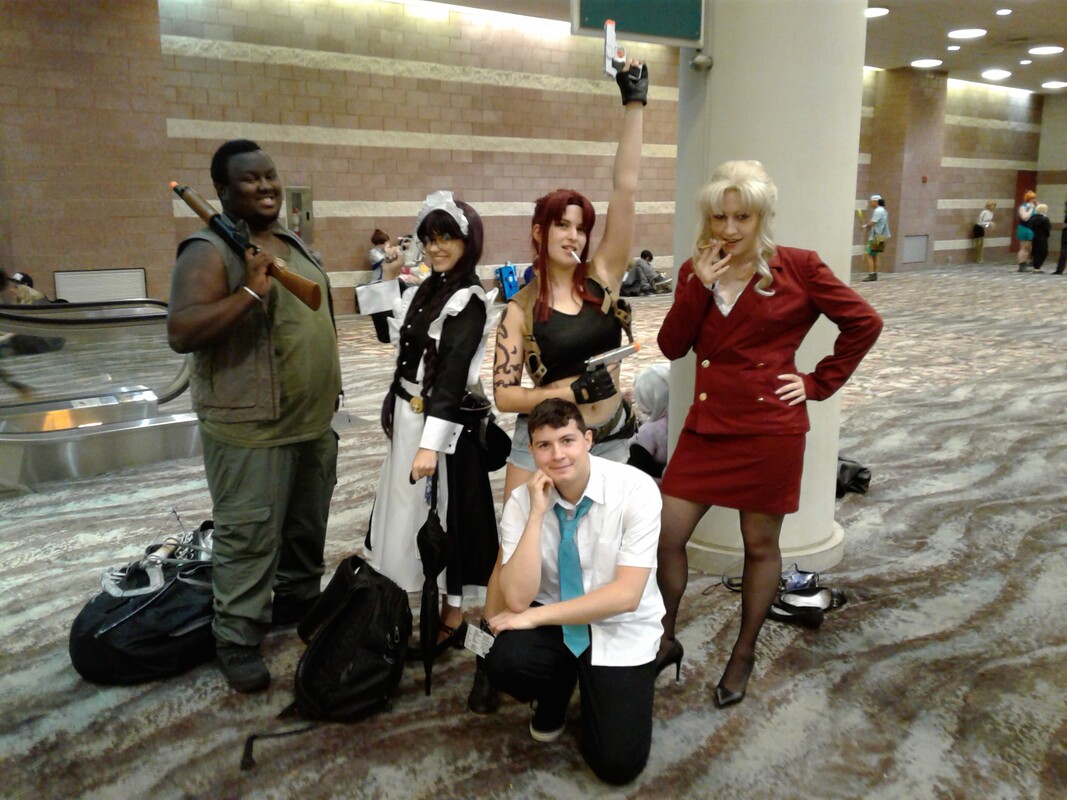
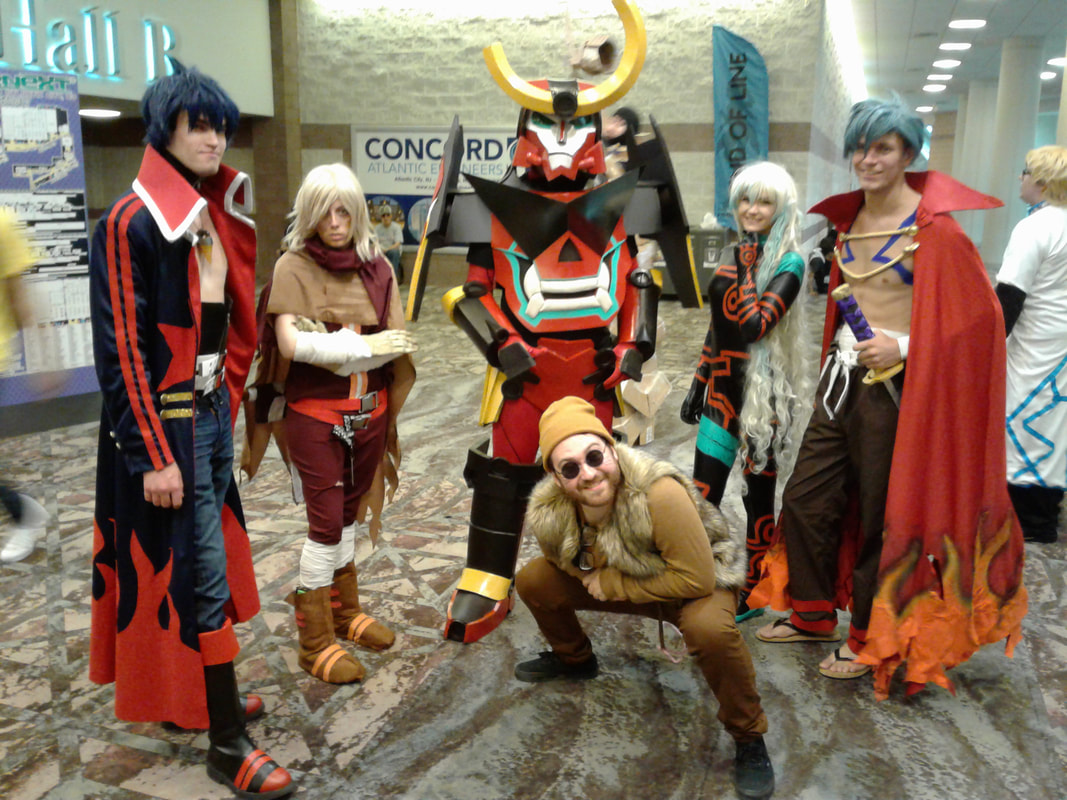
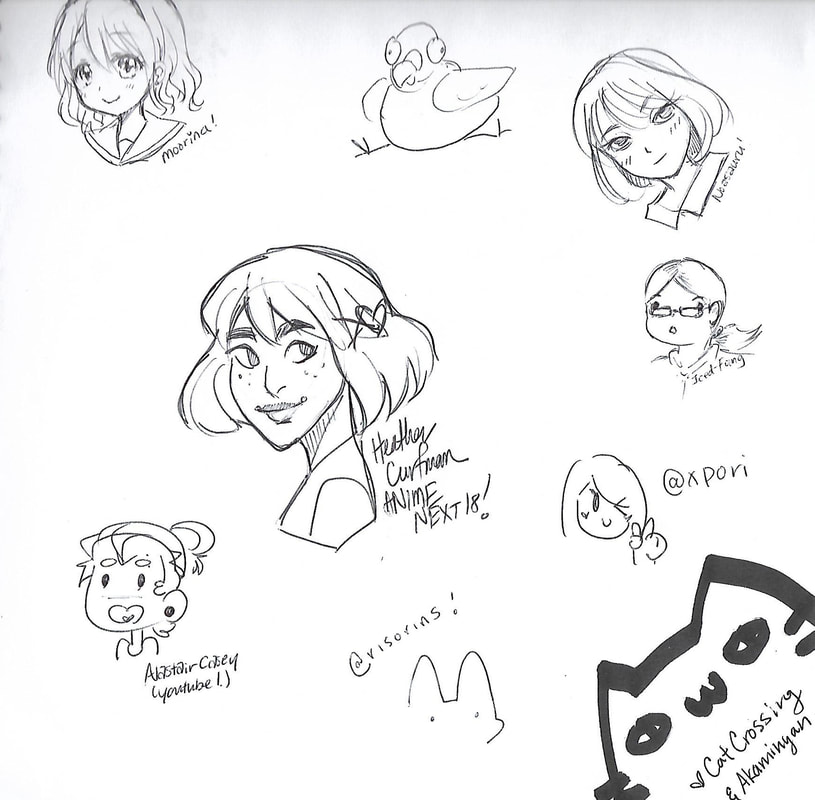
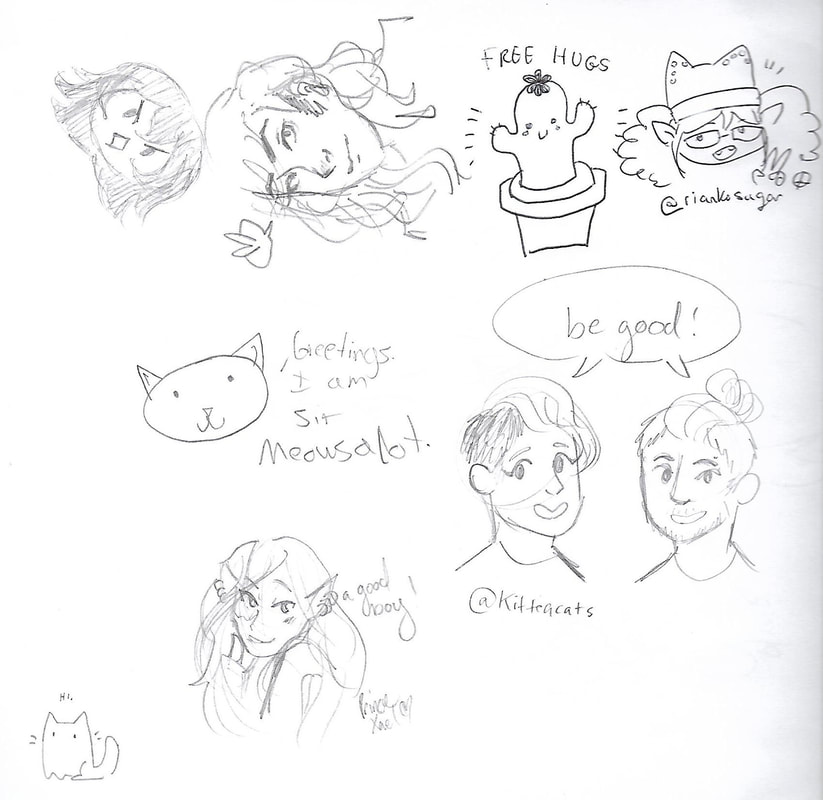
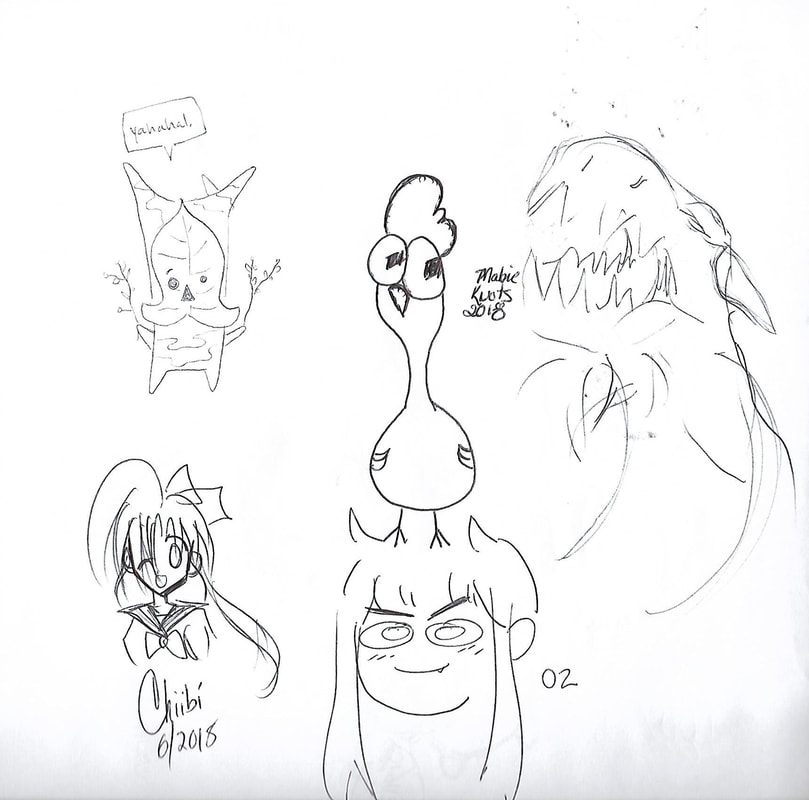
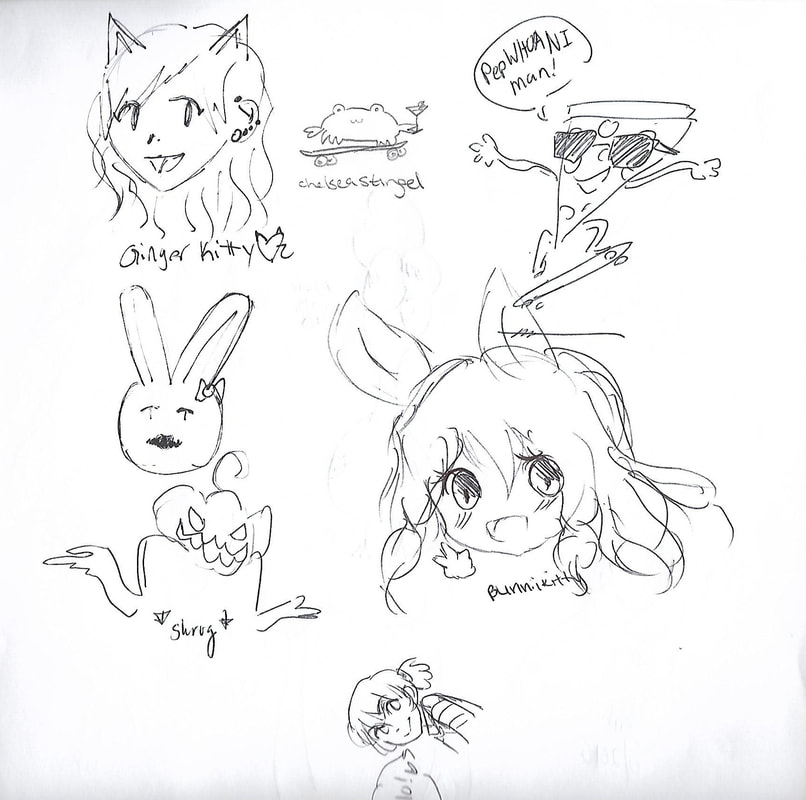
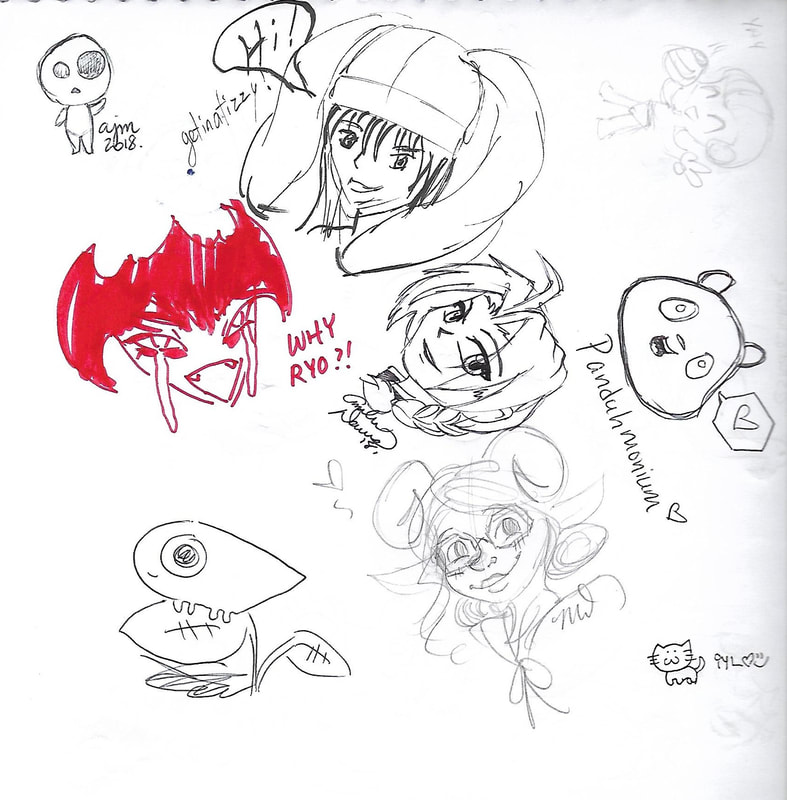
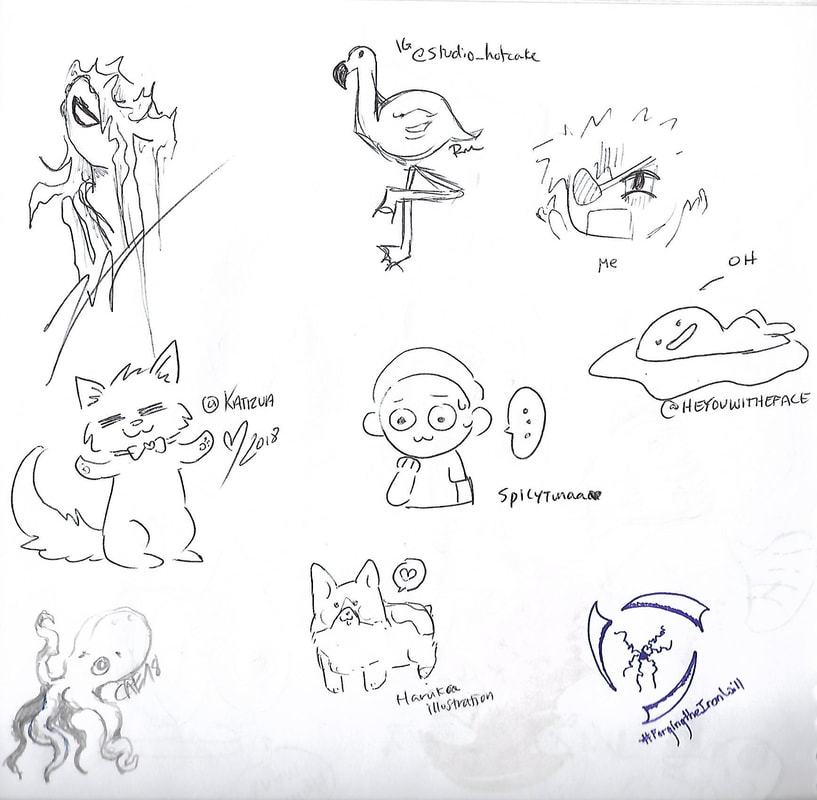
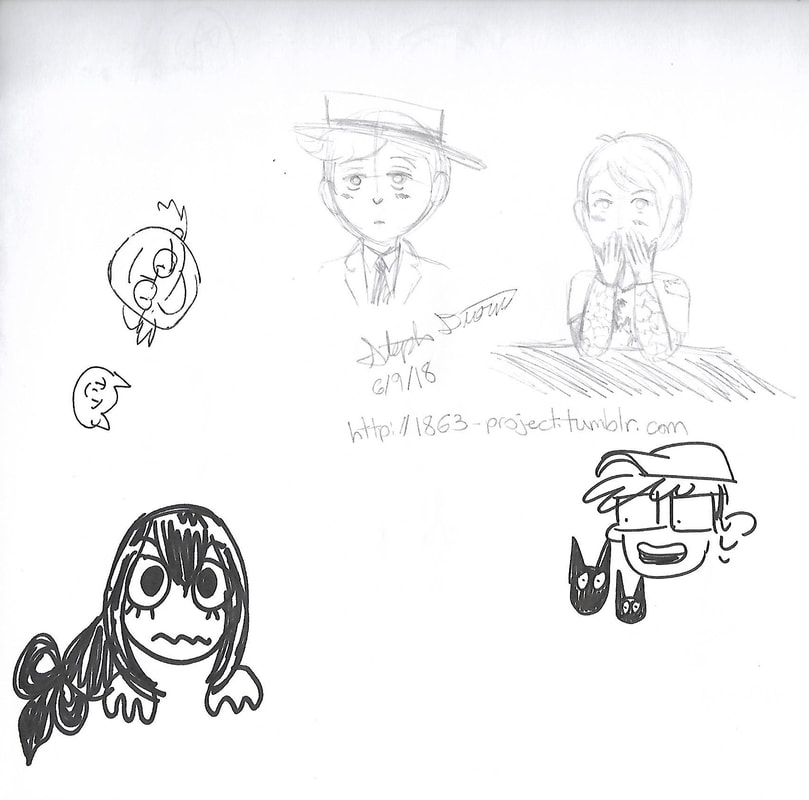
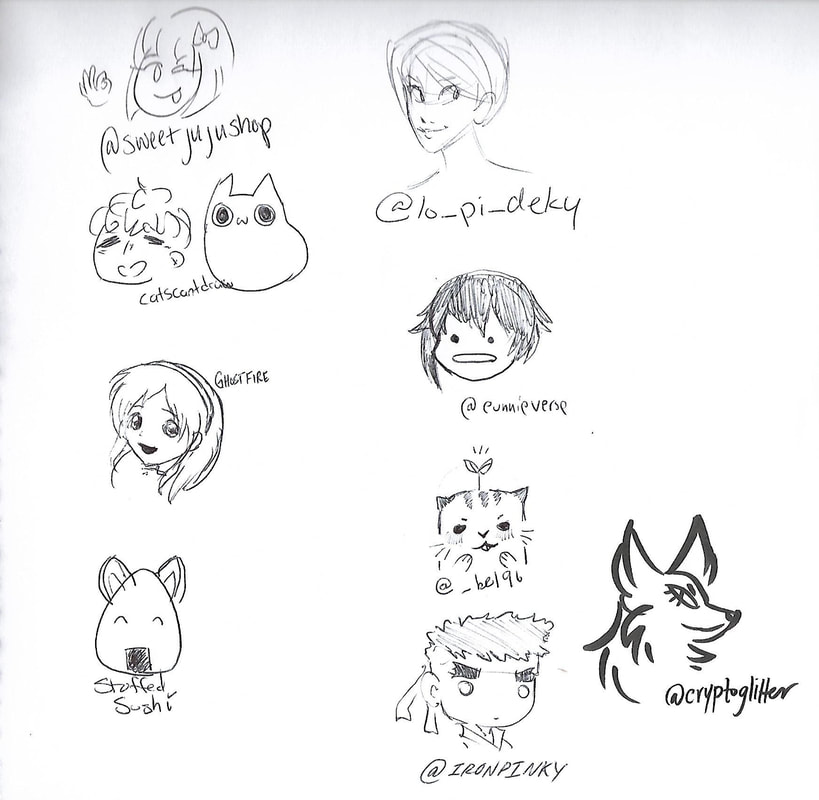
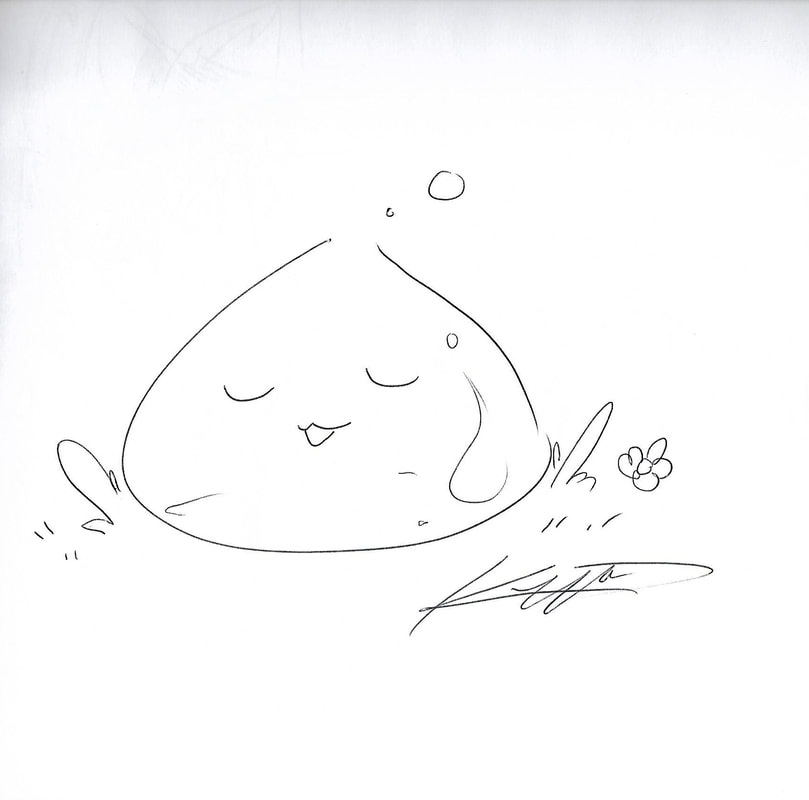
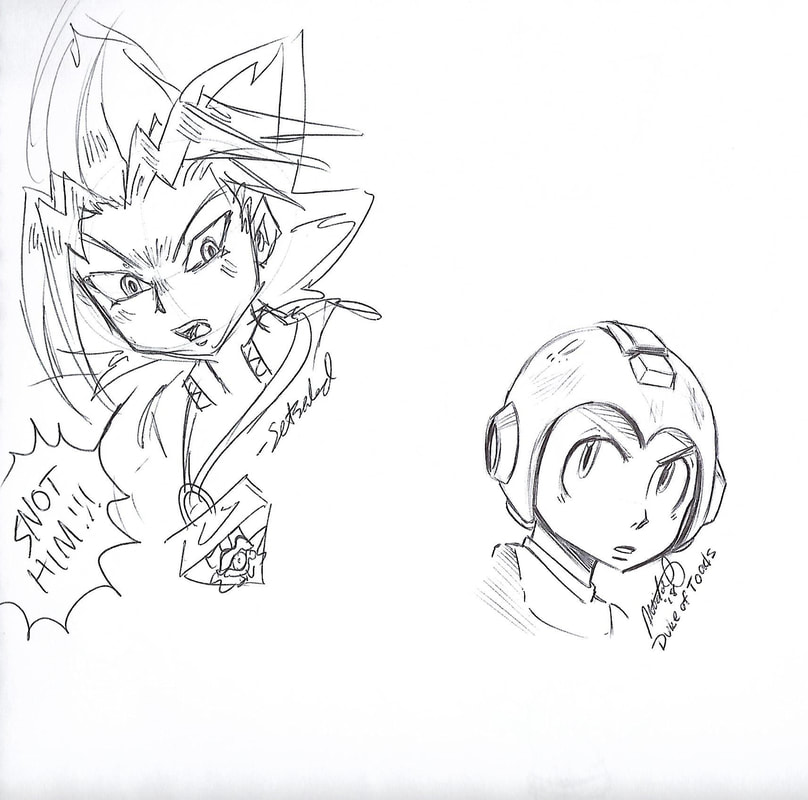
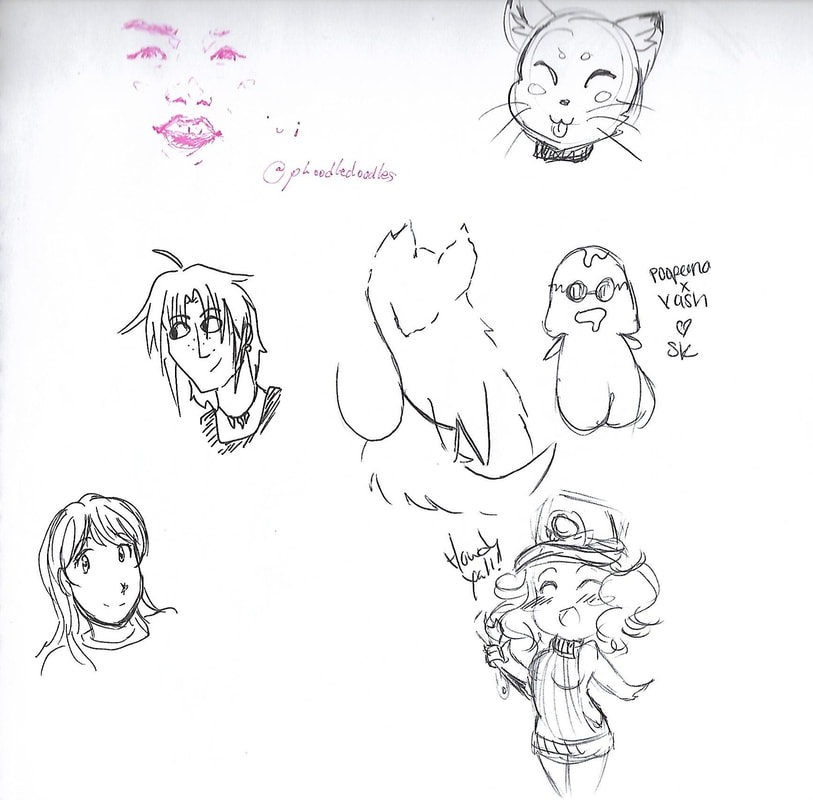
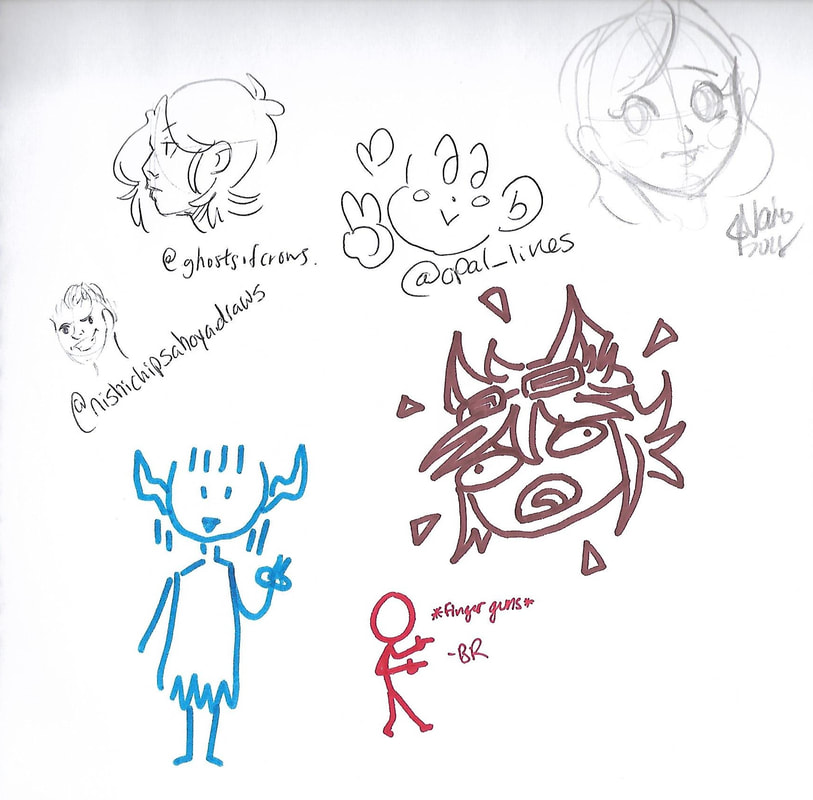
 RSS Feed
RSS Feed

